This year we found a number of bolete species, most of which could be identified and an equal number of Amanita species some of which where harder to identify. John Plischke though one of the Amanita amerifluva like species we found was Amanita justice. The specimen had a noticeably darker center to the cap than the more uniform coloration of A amerifluva. I measured the spores, and they were just in the expected range. Another was identified in the field as Amanita ceciliae but it seems Amanita ceciliae is a European only species and the correct US name is Amanita rhacopus. Again, the spore measurements and features matched the published descriptions to confirm this. The final harder to identify Amanita was though to be an unsubscribed species. It had an interesting snakeskin pattern on the stem. I have measured the spores but not yet got any further in identifying it. Other species of note were the two forms of Abortiporus biennis, in finger form and a more open cup form with a non-fertile cap and fertile under surface. And an Eyelash cup specimen was found and the microscopic features have been collected. It will be identified shortly.
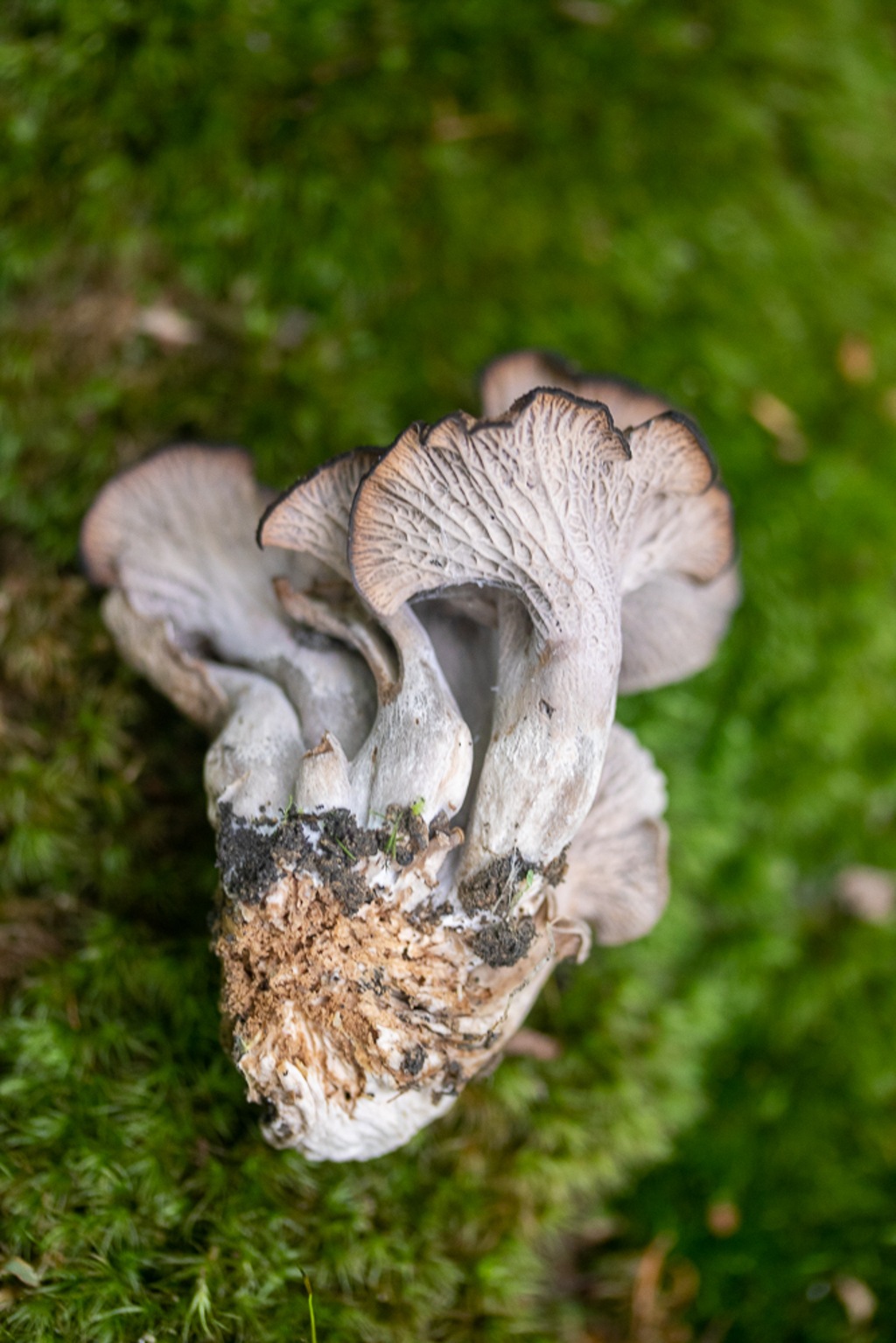
There were a number of Chanterelle species found from the early smooth Chanterelle nubbins to the tiny Cantharellus minor. We found black trumpets too, Craterellus fallax. The most interesting Chanterelle find was a close relative to the black trumpet, Craterellus foetidus. Craterellus fallax has thin flesh and a pleasant aroma that intensifies when dried. Craterellus foetidus is a more meaty mushroom with thicker flesh and a stronger odor. It is also a choice edible. This is the first time the club has found Craterellus foetidus on a walk although I have found it at Deer Lakes at the same spot in the past and John Plischke has posted multiple sightings on iNaturalist.
John Plischke, La Monte Yarroll and others.
List of species found on the walk at Dorothy Fornof Foray at Deer Lakes park:
[icon style=”camera”] Abortiporus biennis (),
[icon style=”camera”] Allodus podophylli (Mayapple Rust),
[icon style=”camera”] Amanita flavoconia (Yellow Patches),
[icon style=”camera”] Amanita flavorubescens (Yellow Blusher),
[icon style=”camera”] Amanita farinosa (),
[icon style=”camera”] Amanita rhacopus (),
[icon style=”camera”] Amanita vaginata var. vaginata (Grisette),
[icon style=”camera”] Aureoboletus auriporus (Sour Gold-Pored Bolete),
[icon style=”camera”] Cantharellus lateritius (Smooth chanterelle),
[icon style=”camera”] Cantharellus minor (Small Chanterelle),
[icon style=”camera”] Cerioporus varius (),
[icon style=”camera”] Coprinellus micaceus (Mica Cap),
[icon style=”camera”] Craterellus fallax (Black Trumpet),
[icon style=”camera”] Craterellus foetidus (Black Trumpet),
[icon style=”camera”] Hypomyces hyalinus (Amanita Mold),
[icon style=”camera”] Inocybe rimosa (Straw-colored Fiber-head),
[icon style=”camera”] Laccaria laccata (Common Laccaria; Deceiver Laccaria),
[icon style=”camera”] Lactifluus volemus (Fishy Milkcap),
[icon style=”camera”] Leccinellum crocipodium (),
[icon style=”camera”] Lycogala epidendrum (Wolf’s Milk Slime),
[icon style=”camera”] Marasmius opacus (),
[icon style=”camera”] Megacollybia rodmanii (Platterful Mushroom),
[icon style=”camera”] Neofavolus alveolaris (Hexagonal-pored Polypore),
[icon style=”camera”] Phylloporus leucomycelinus (Gilled Bolete),
[icon style=”camera”] Pluteus petasatus (),
[icon style=”camera”] Russula crustosa (Green Quilt Russula),
[icon style=”camera”] Russula vinacea (),
[icon style=”camera”] Schizophyllum commune (Split Gill),
[icon style=”camera”] Stereum hirsutum (Hairy Parchment),
[icon style=”camera”] Stereum ostrea (False Turkey-tail),
[icon style=”camera”] Suillus granulatus (Dotted-stalk Suillus; Granulated Slippery Jack),
[icon style=”camera”] Trametes versicolor (Turkey-tail),
[icon style=”camera”] Trichaptum biforme (Violet Toothed-Polypore)
Species not currently on clubs life list:
Amanita justicei
Amanita sp.
Lactarius sp.
Otidea sp.
Russula sp. (red various)
Crepidotus (larger than normal)
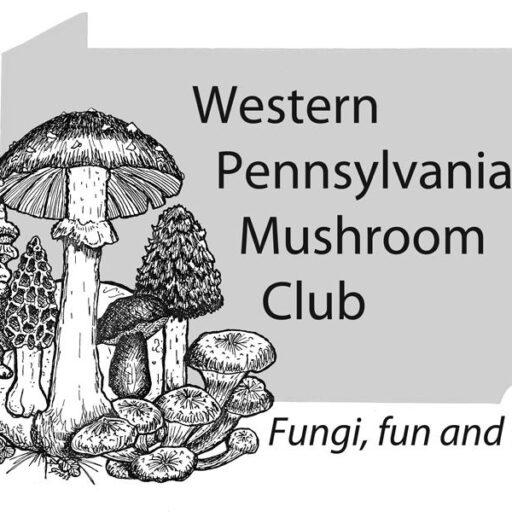
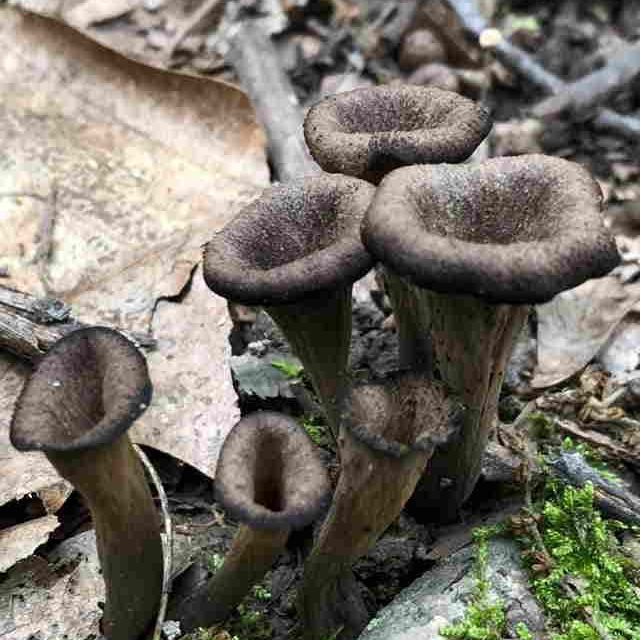
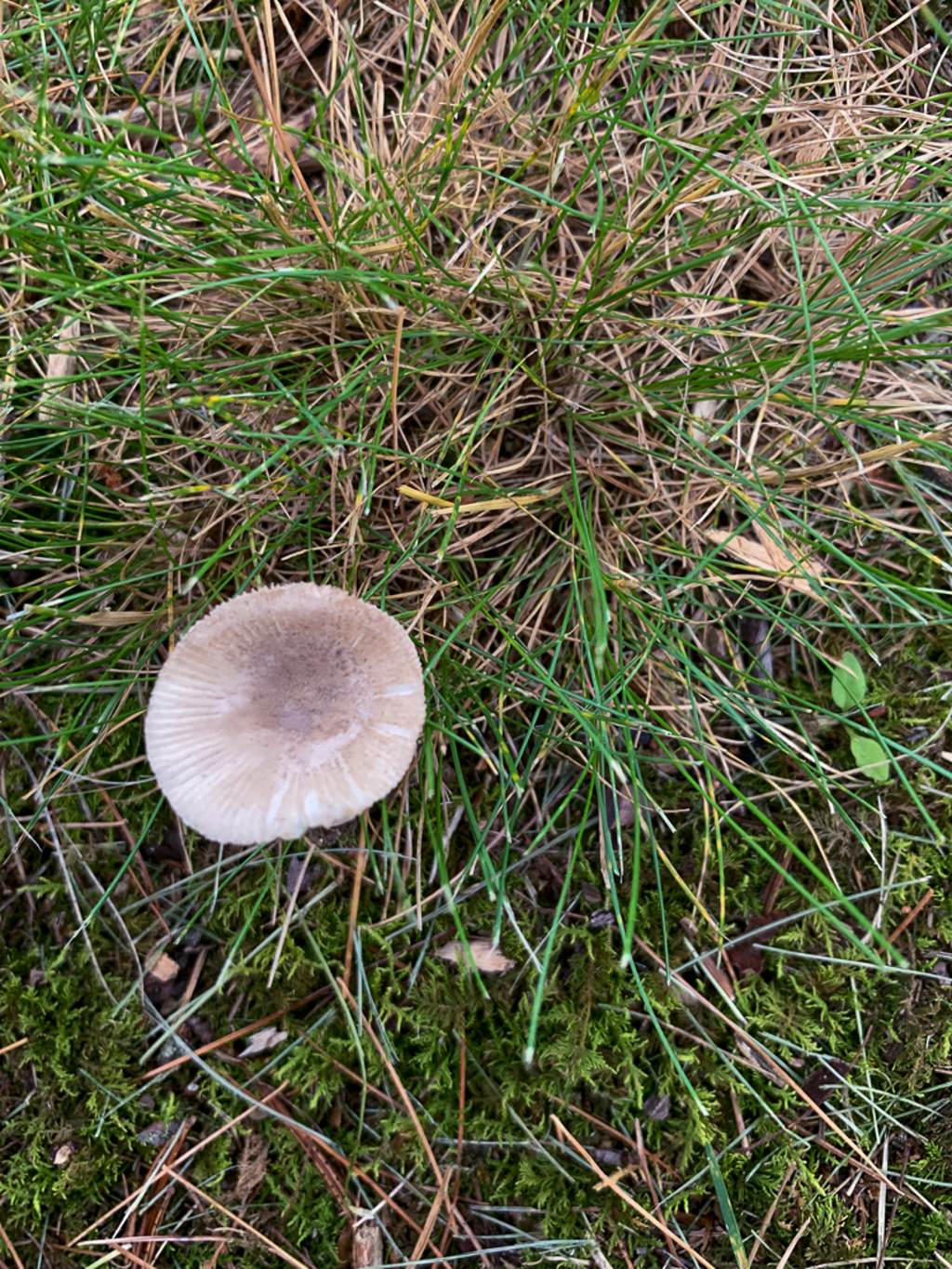
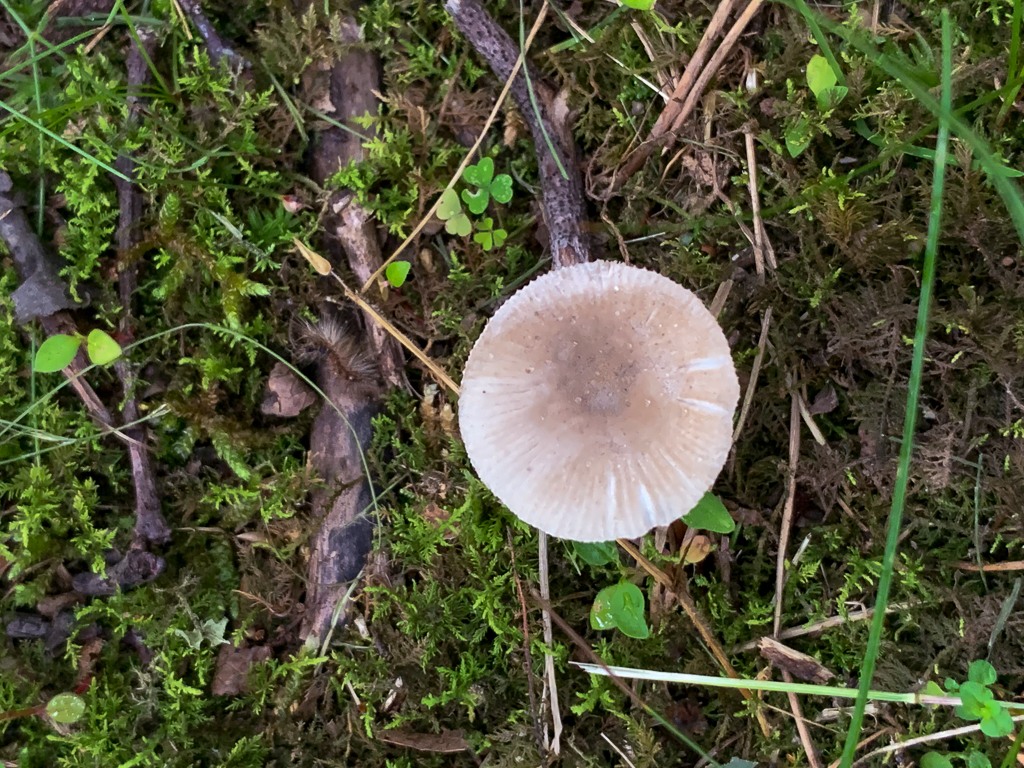
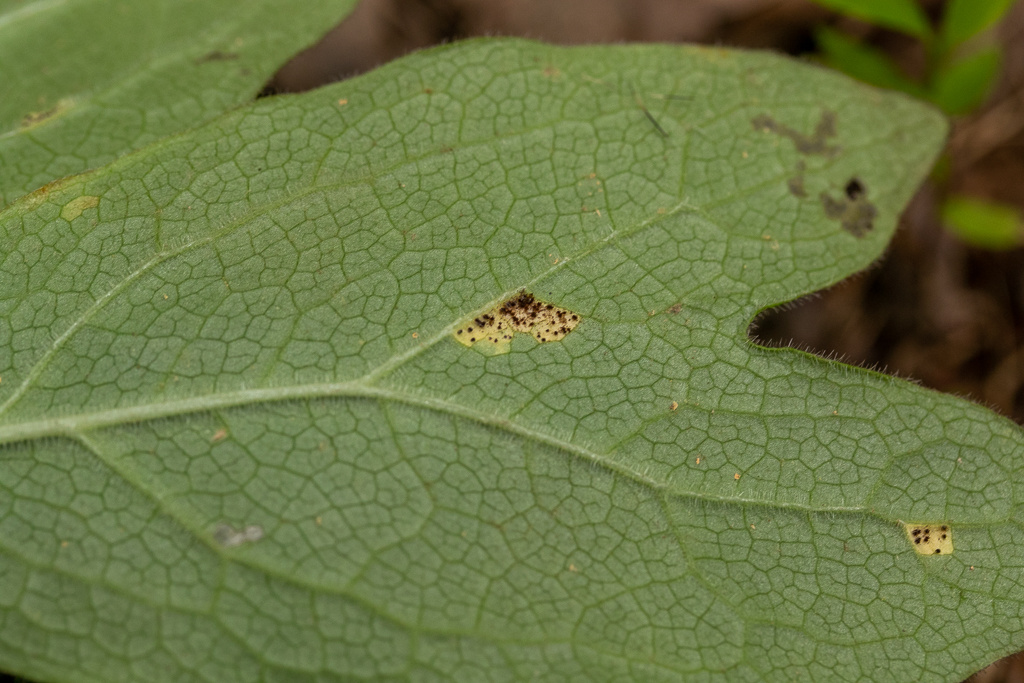
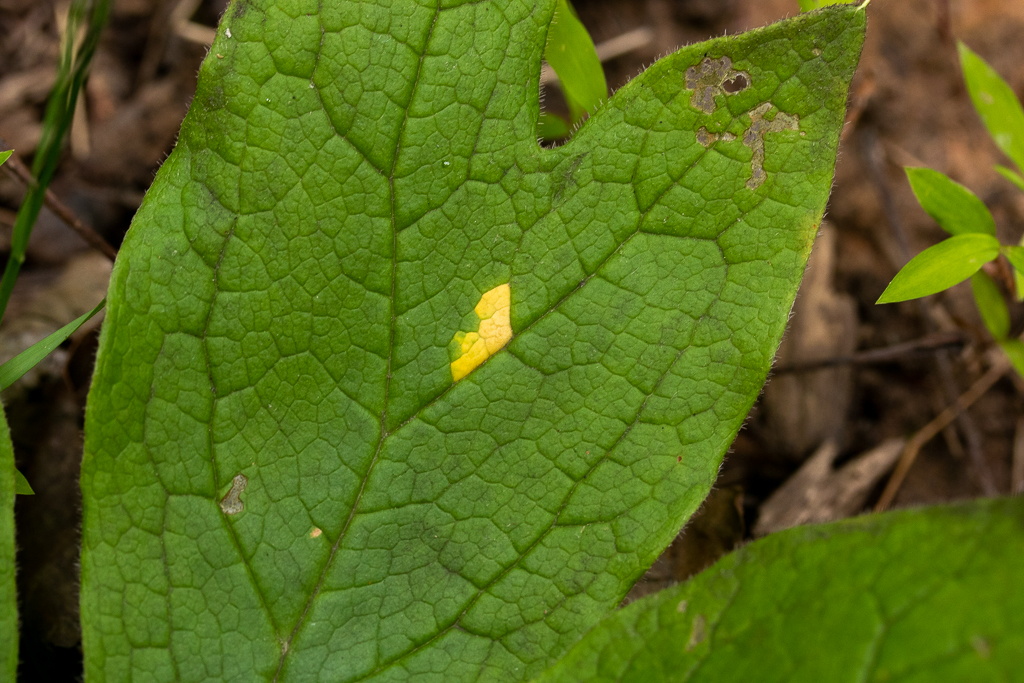
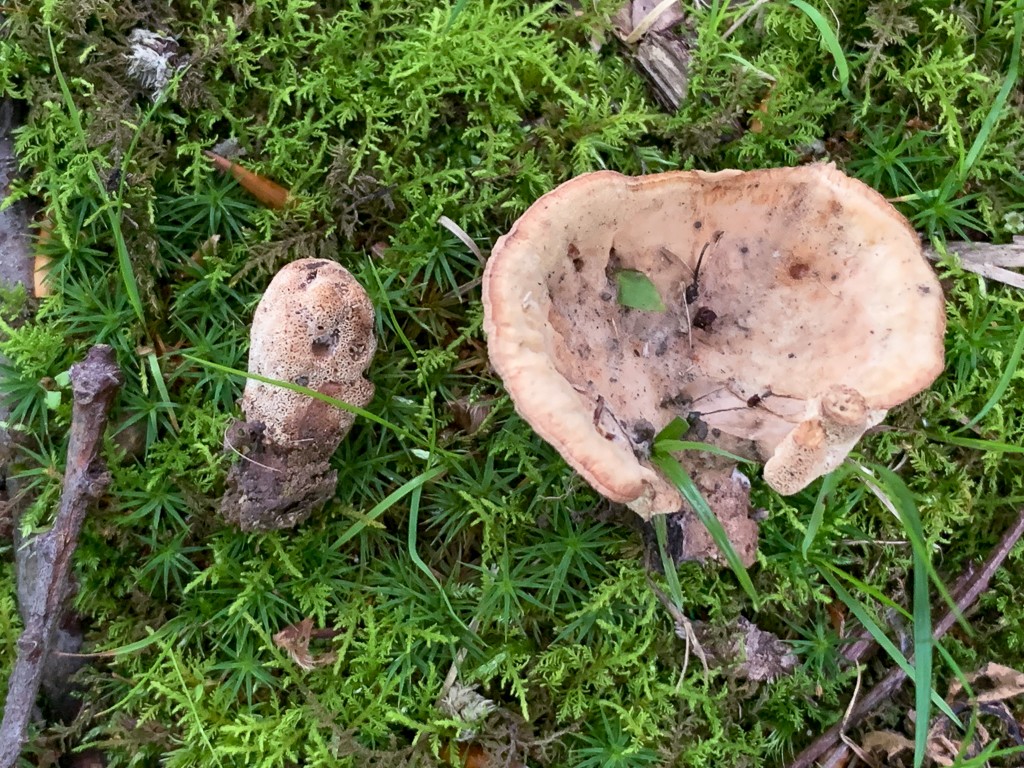
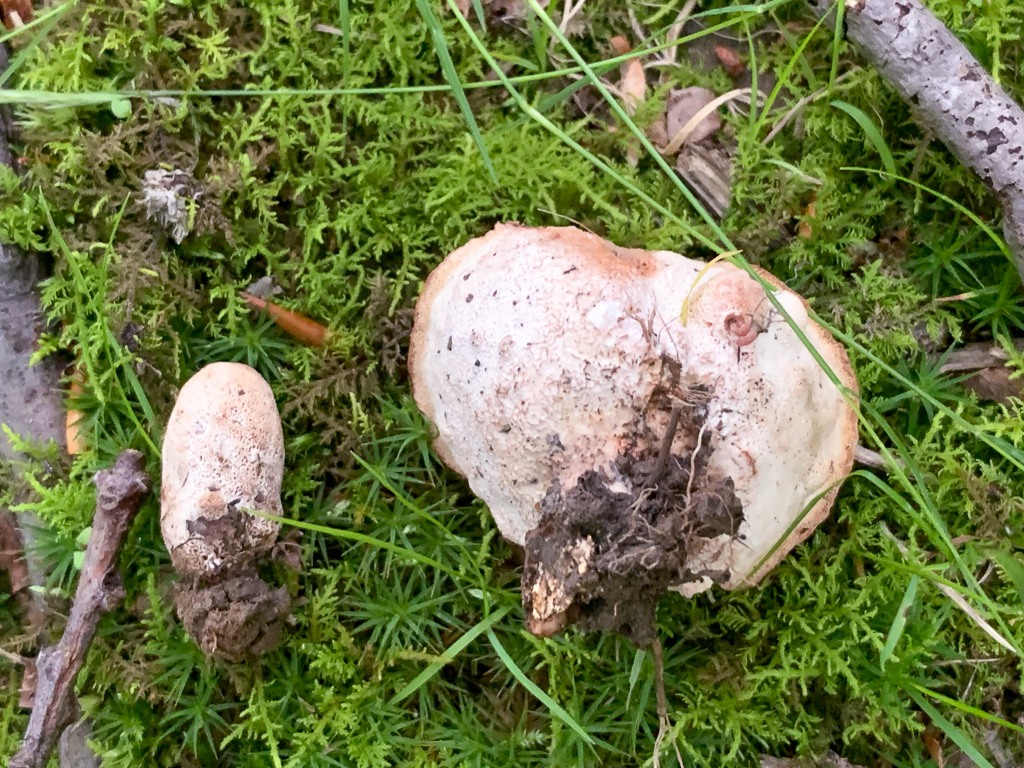
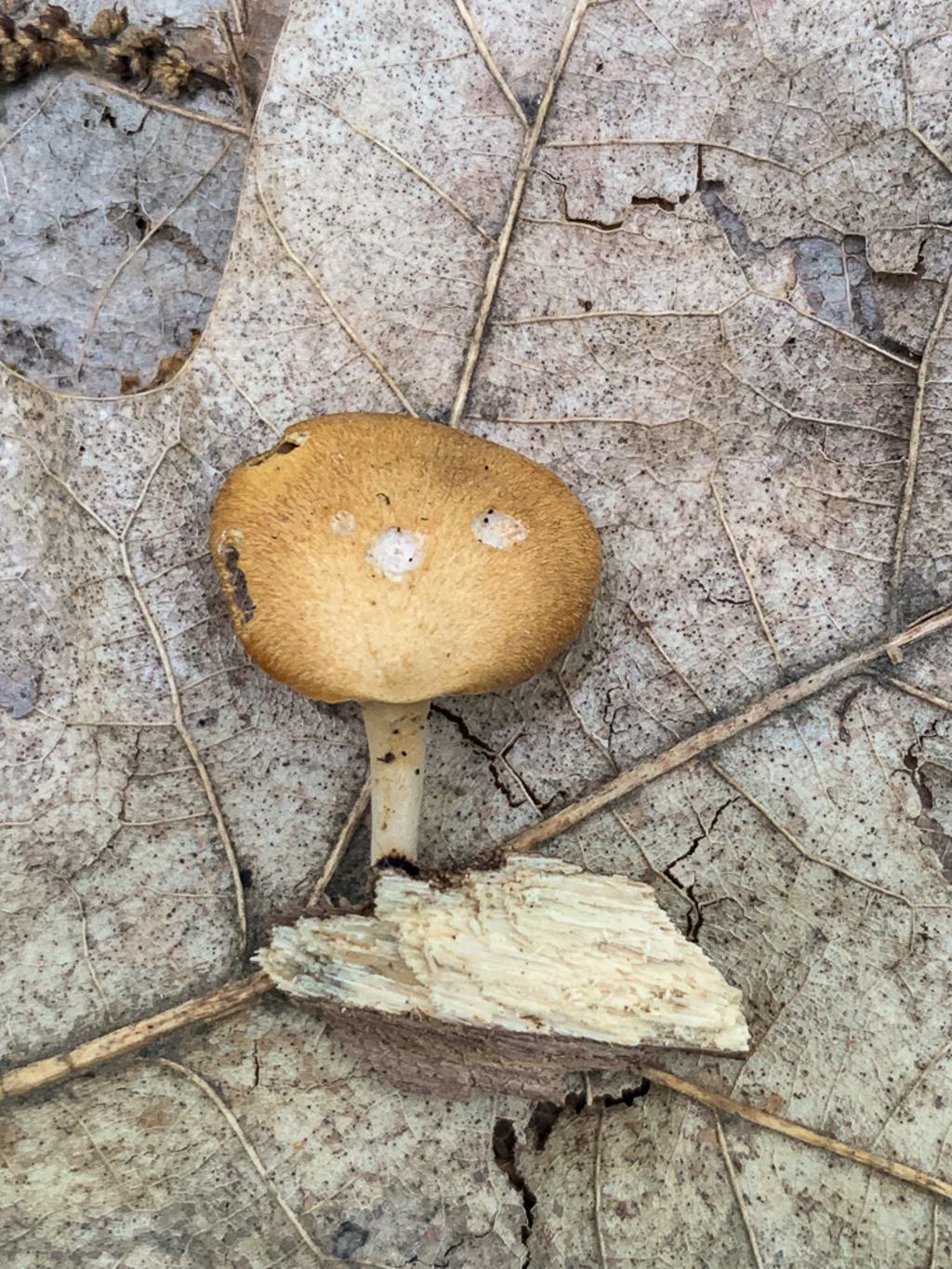
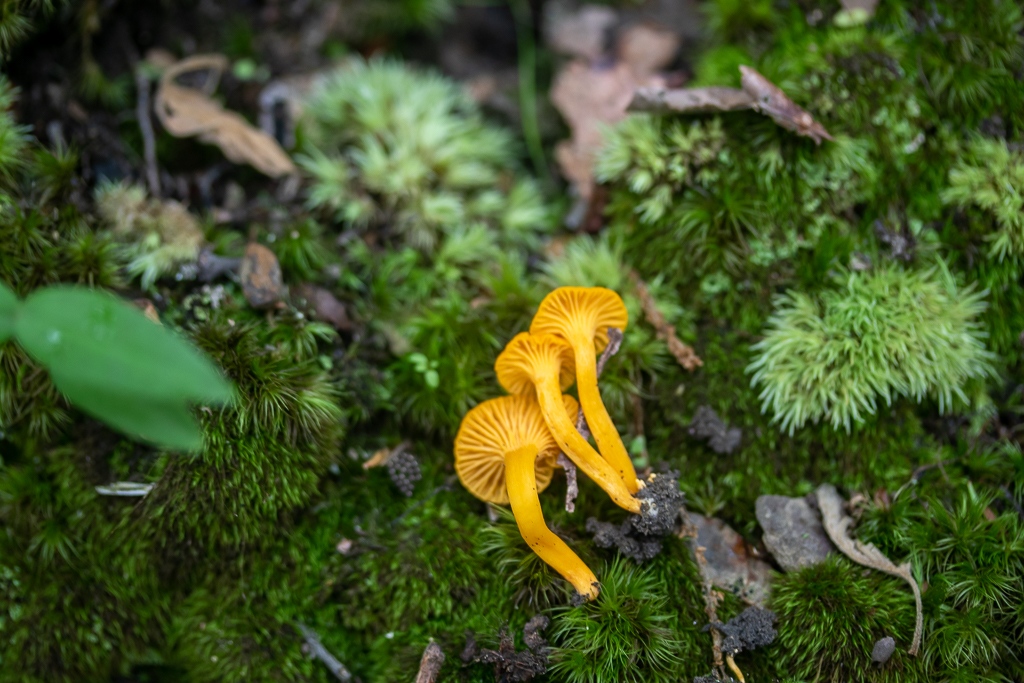
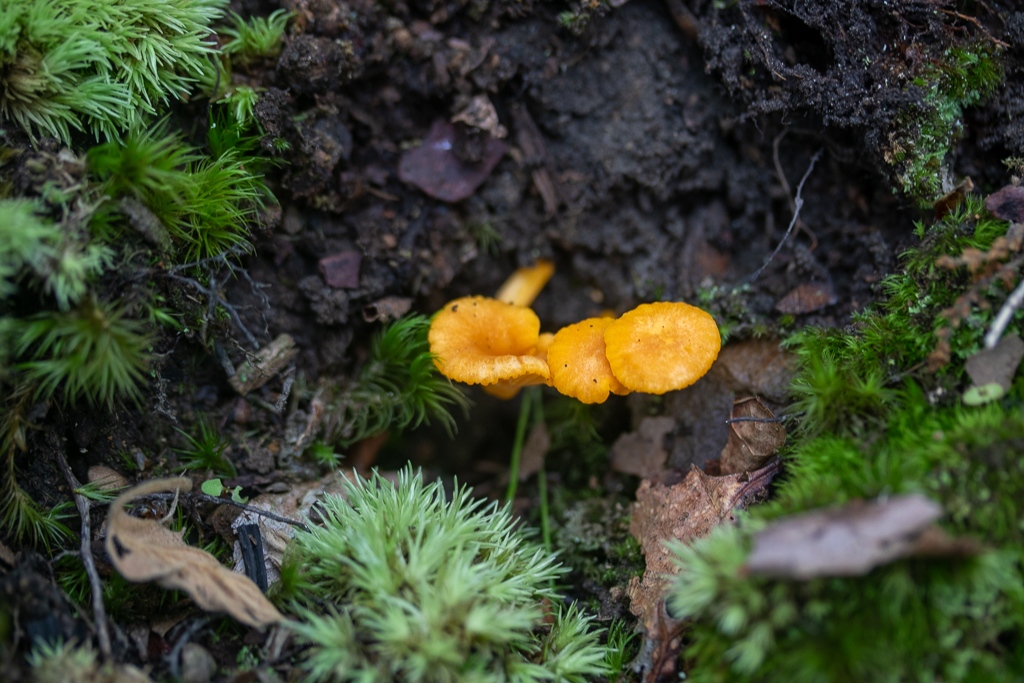
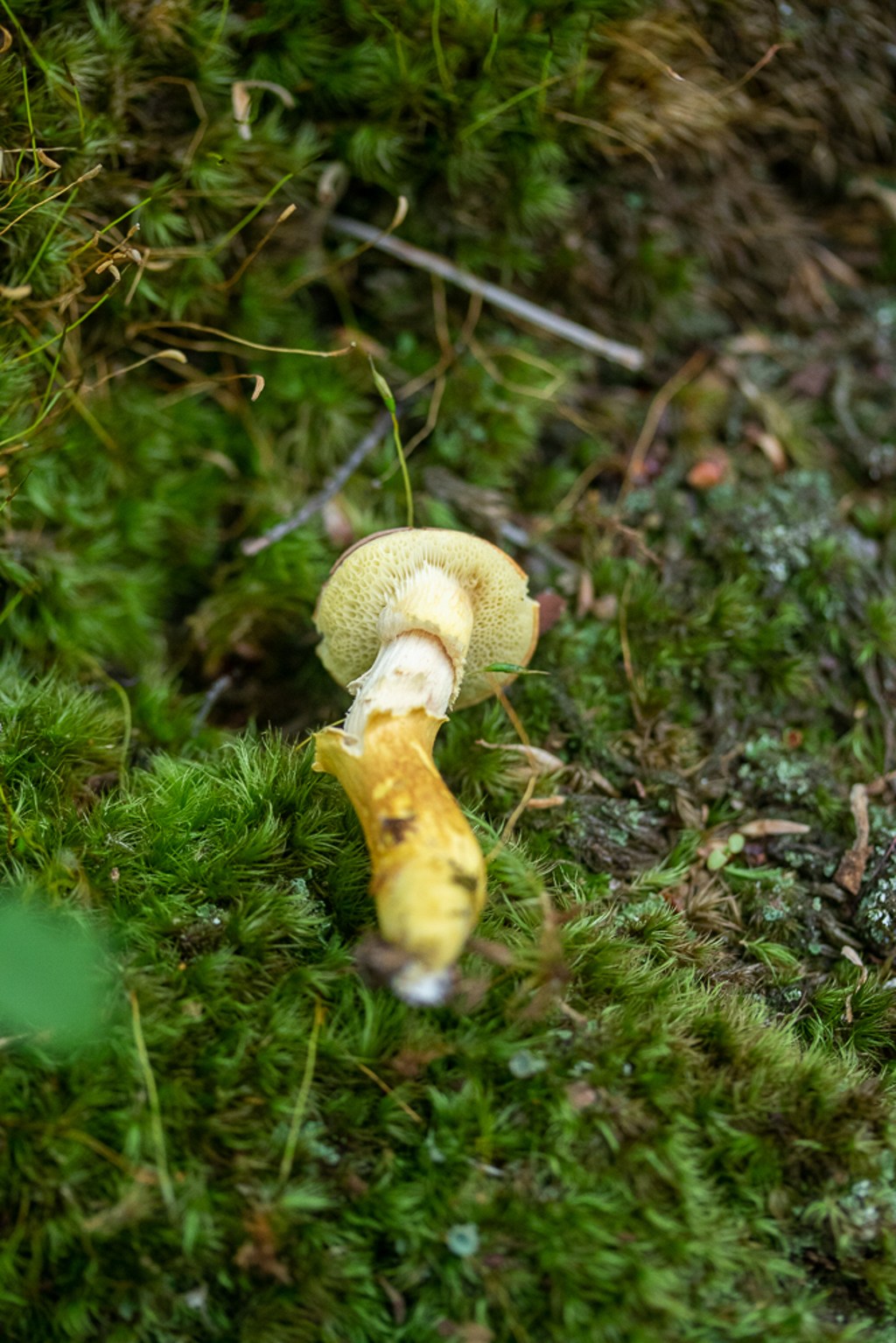
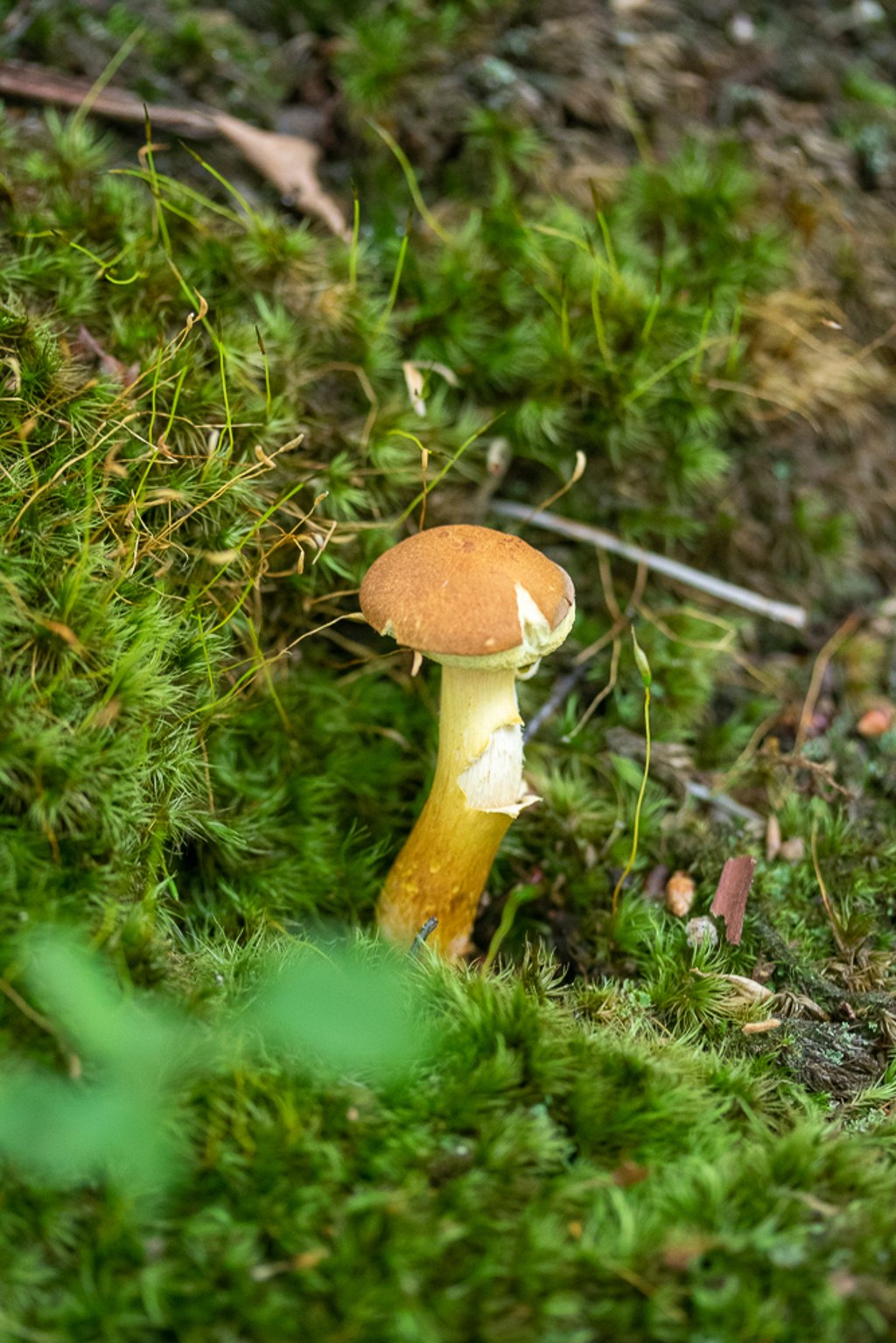
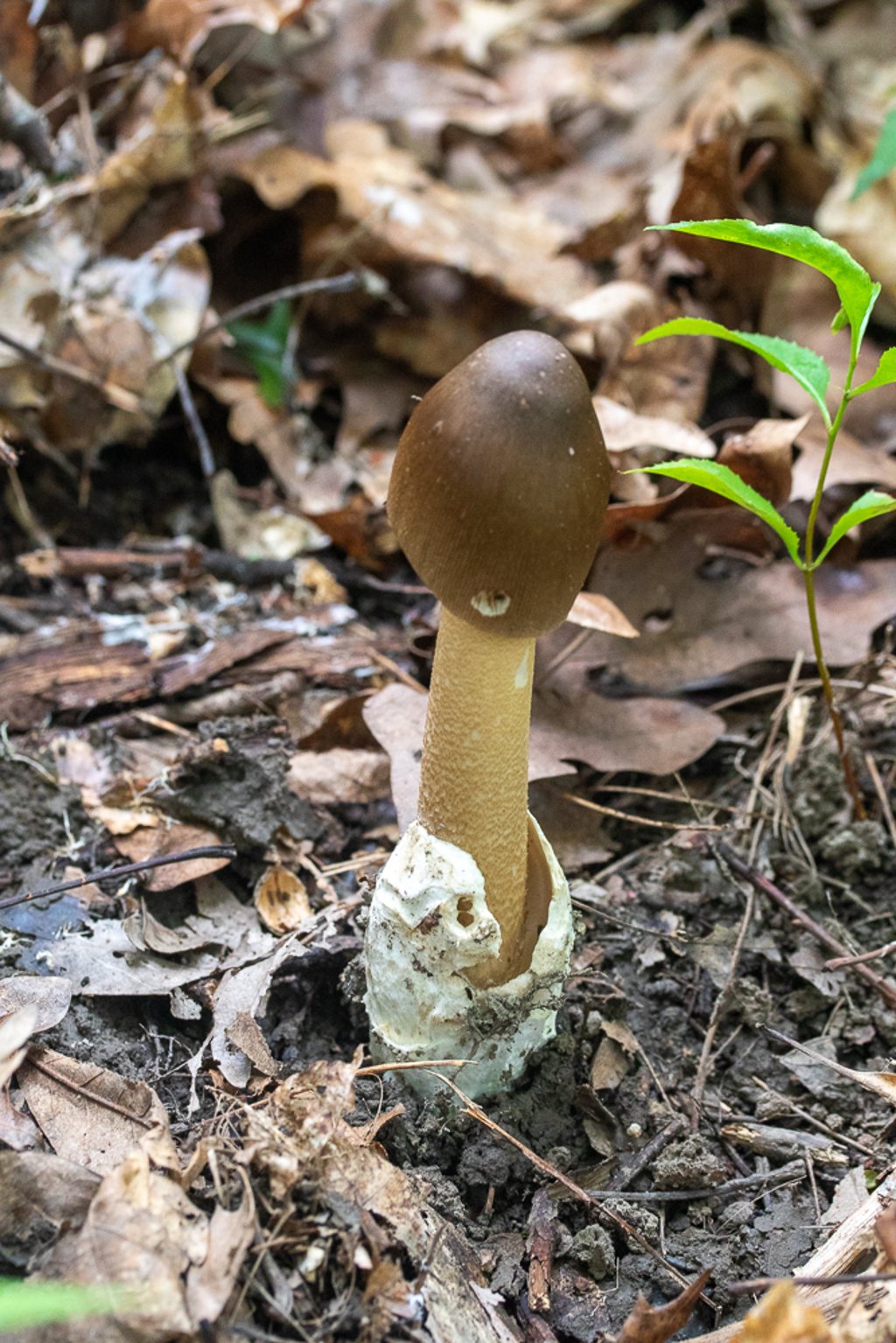
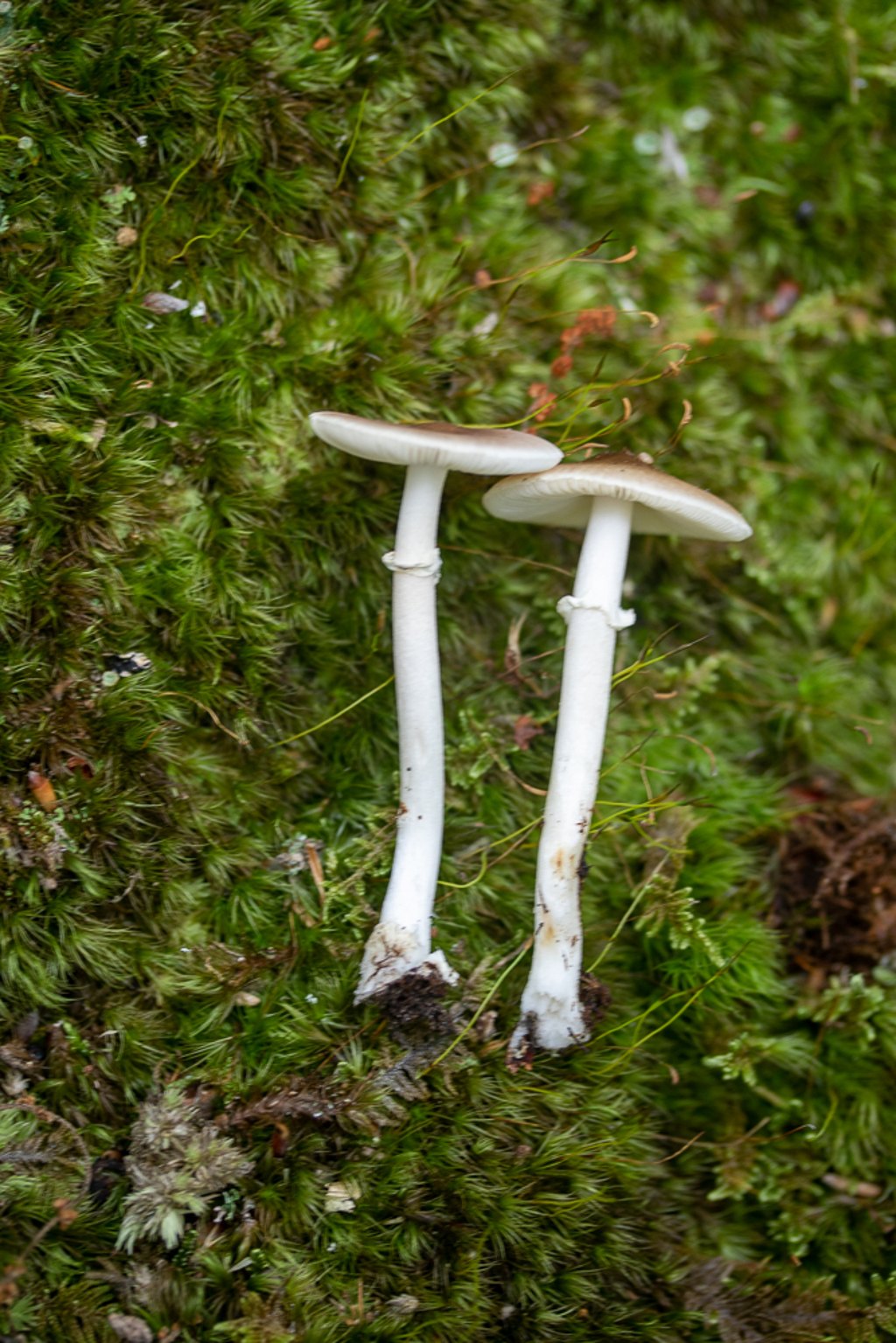
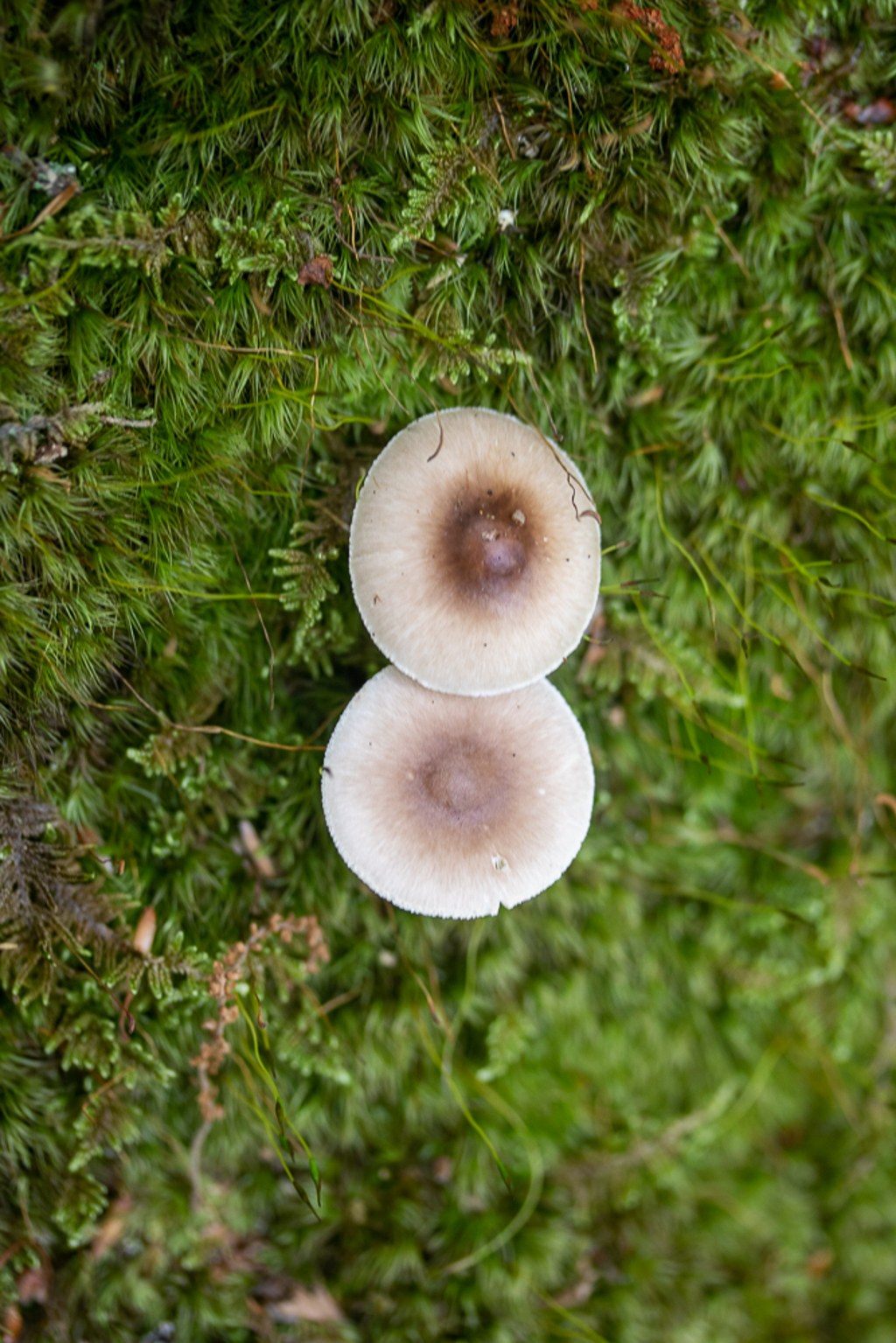
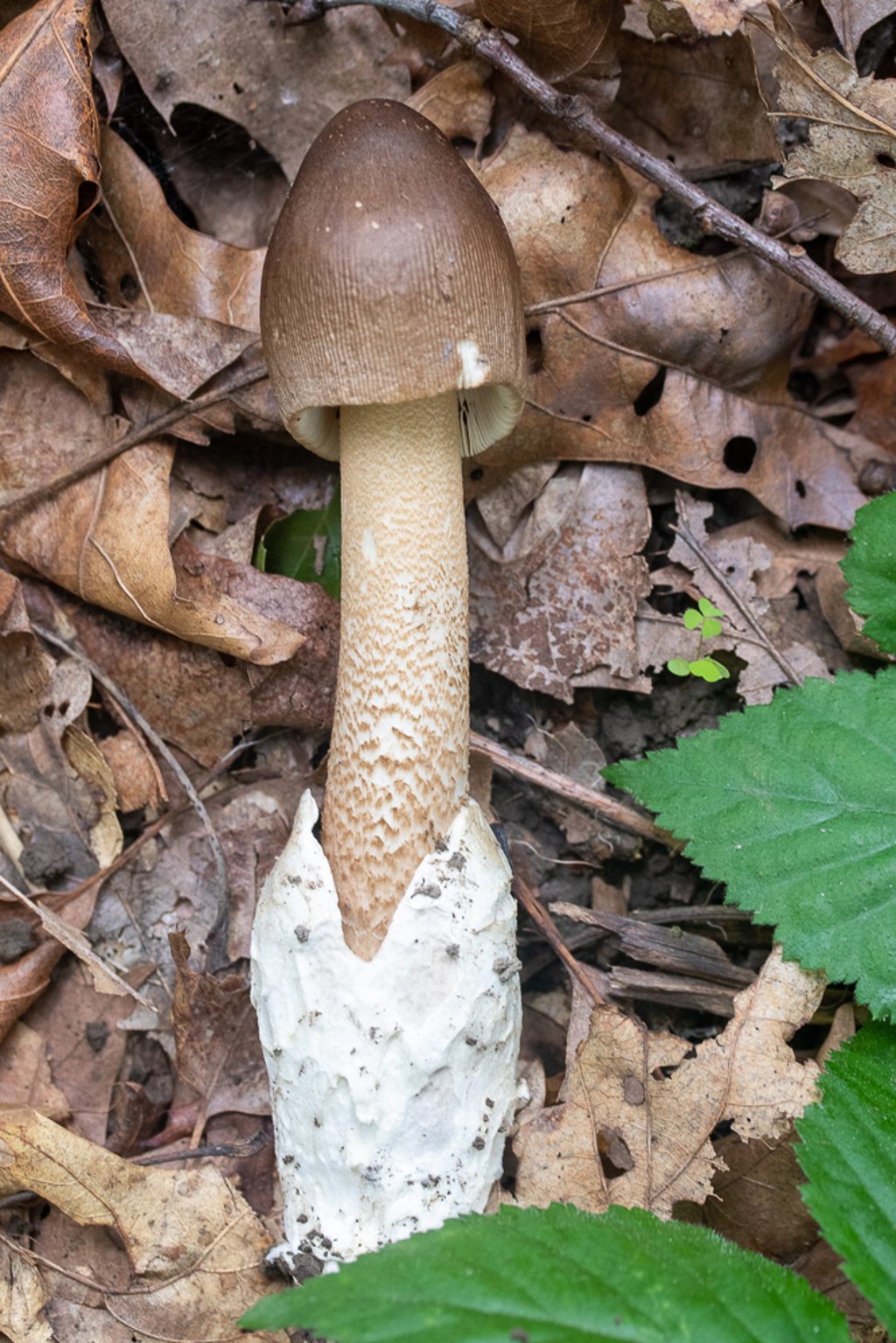
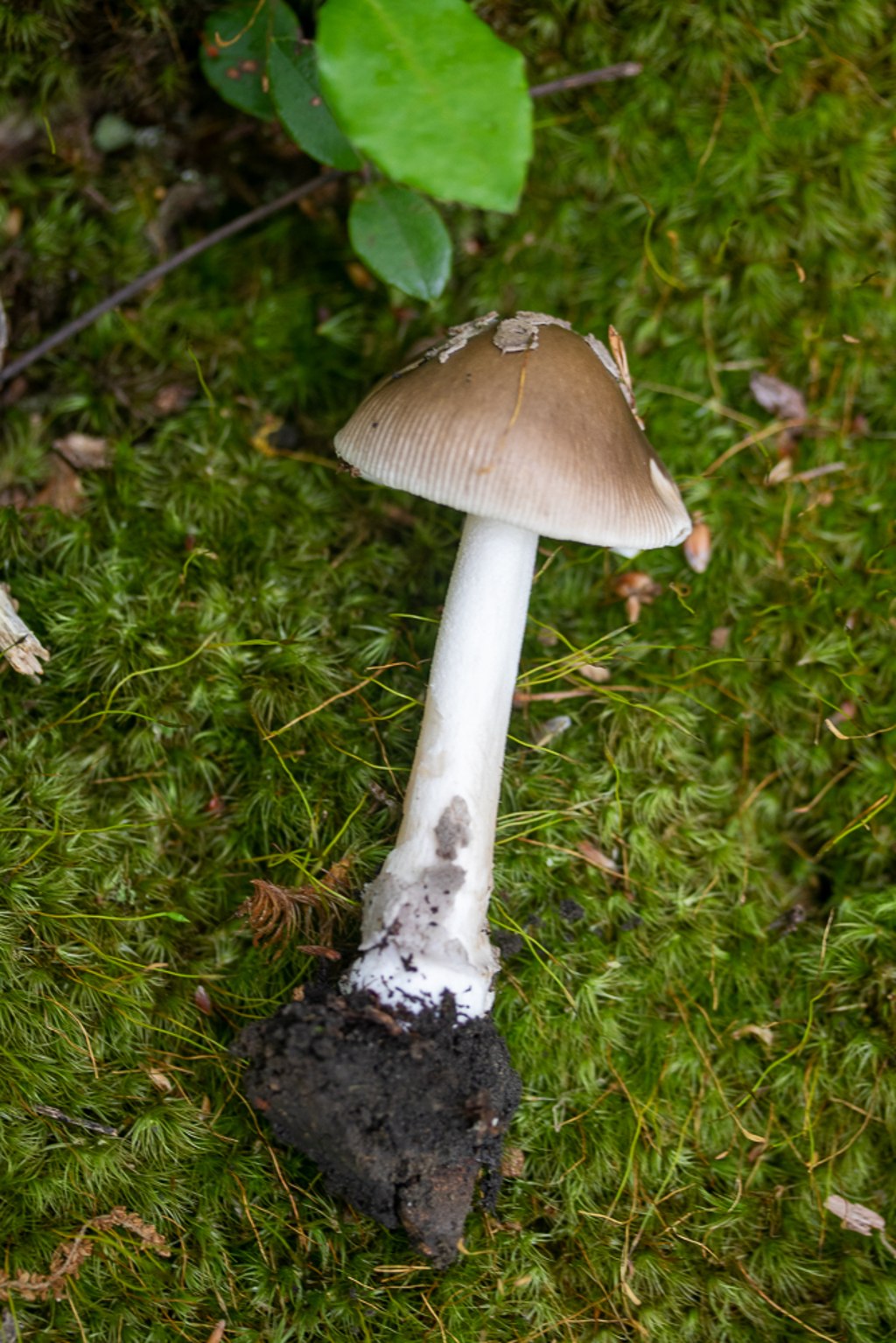
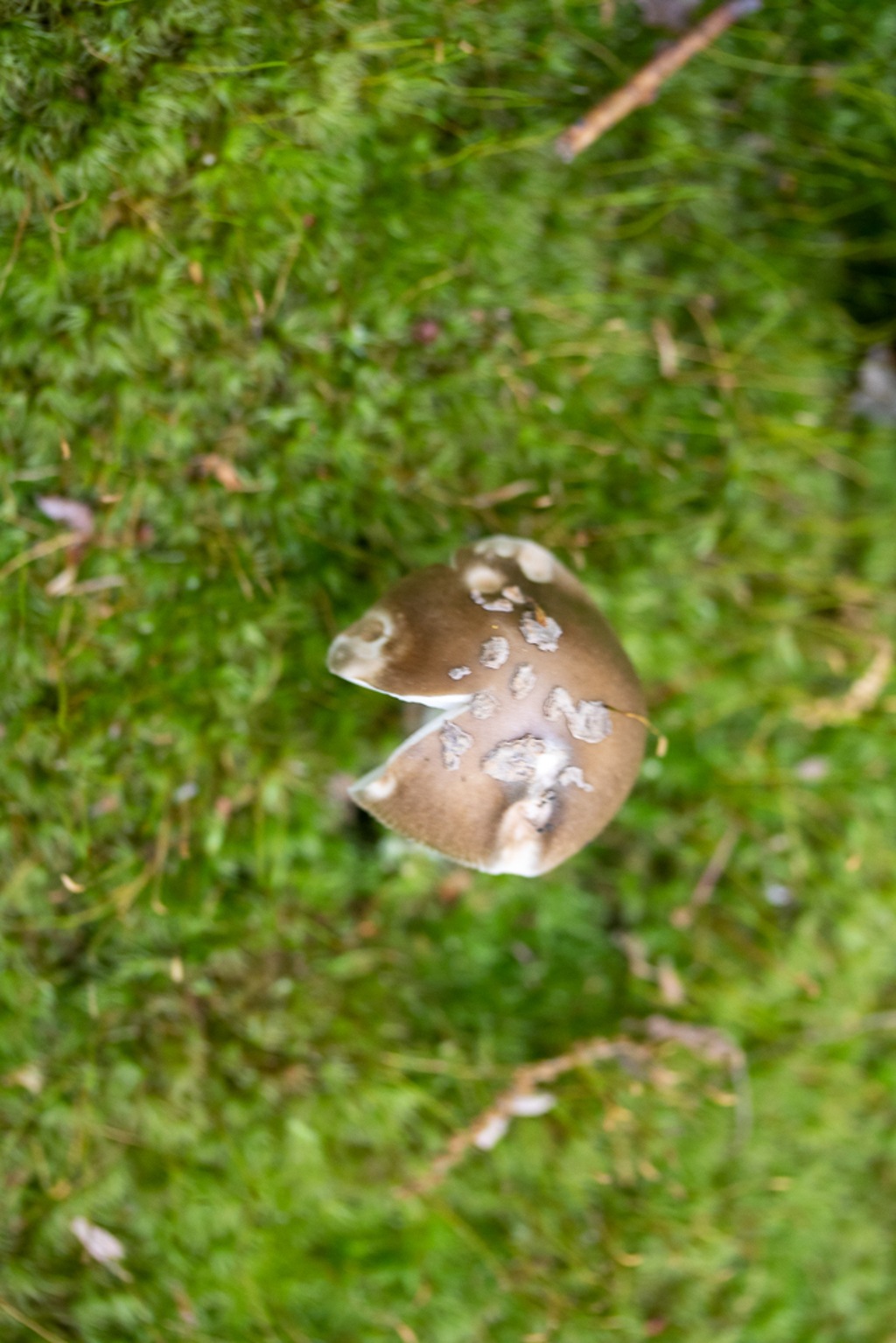
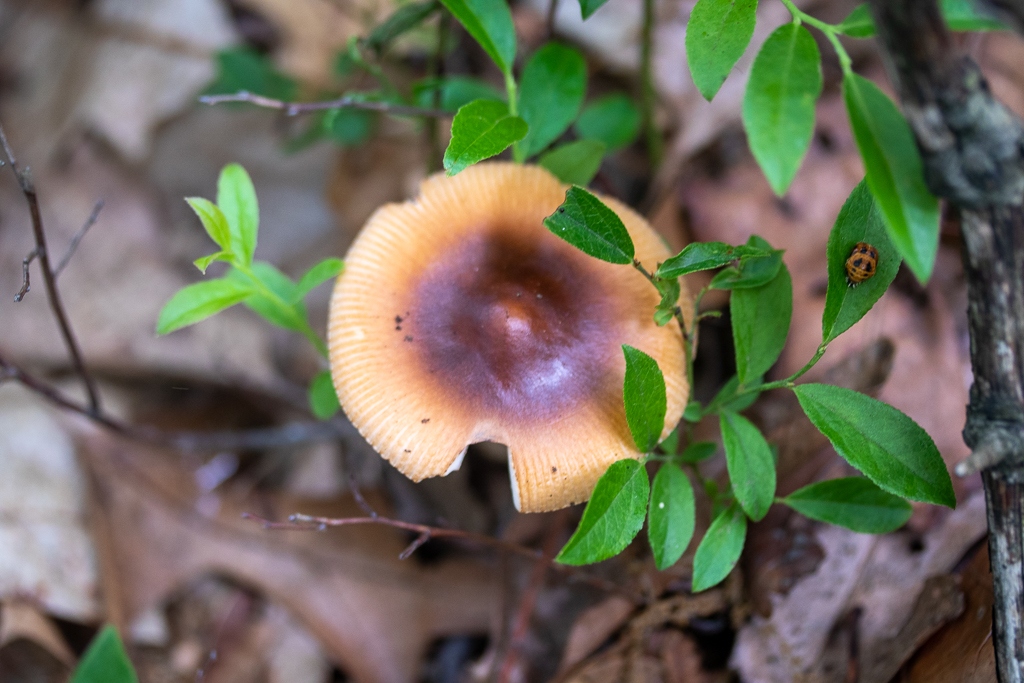
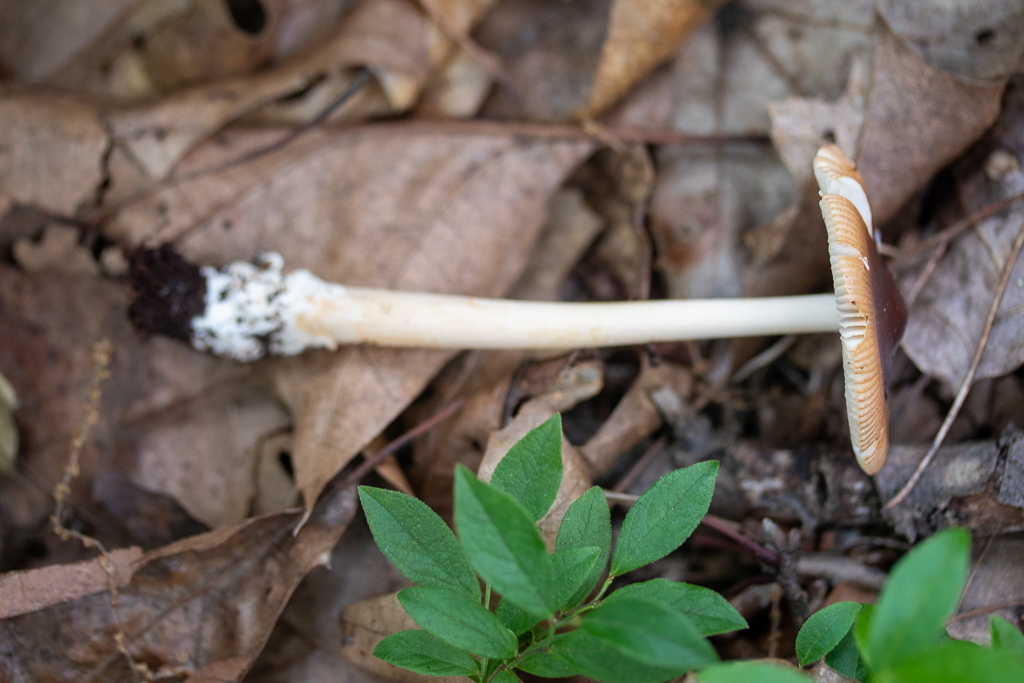
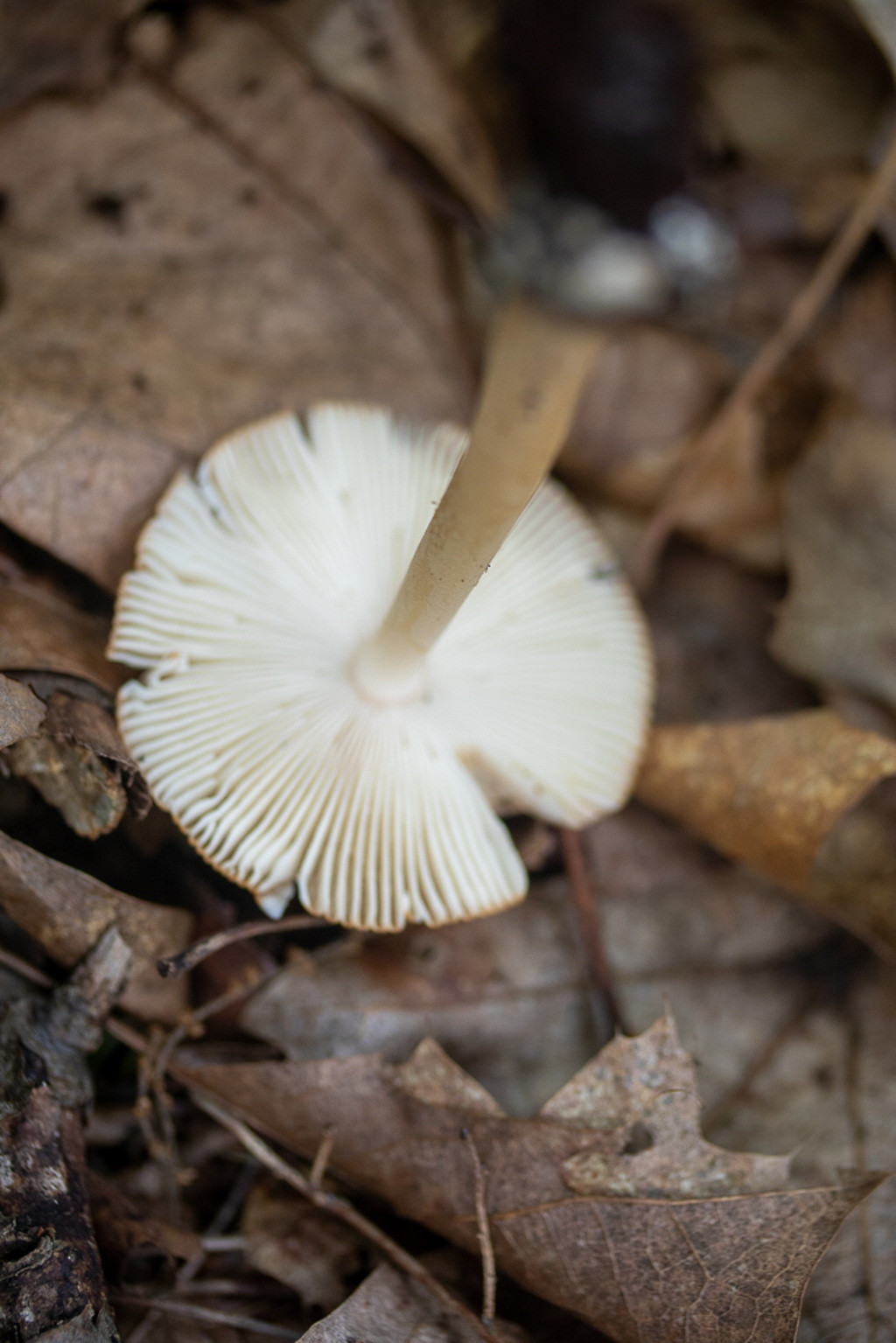
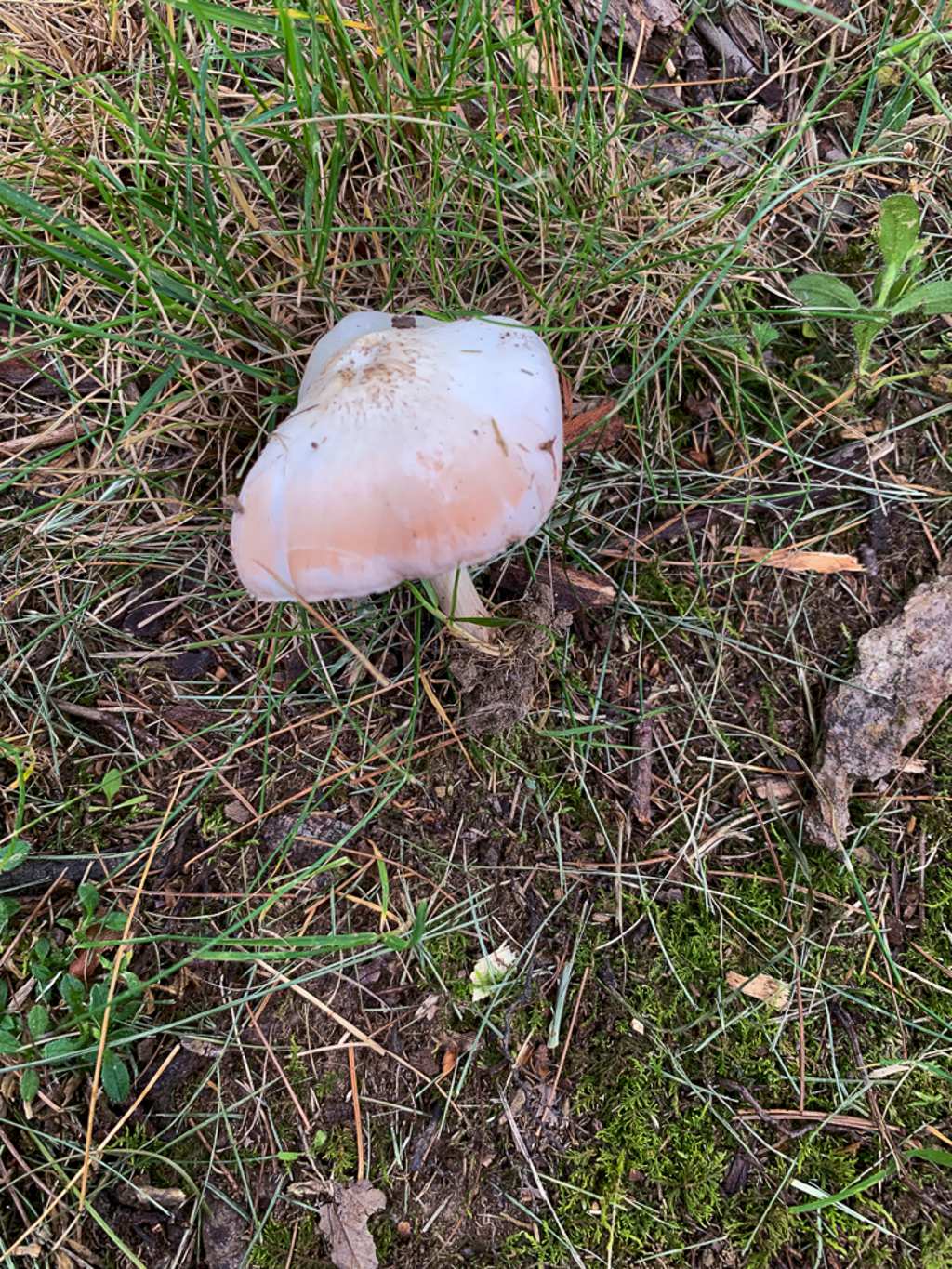
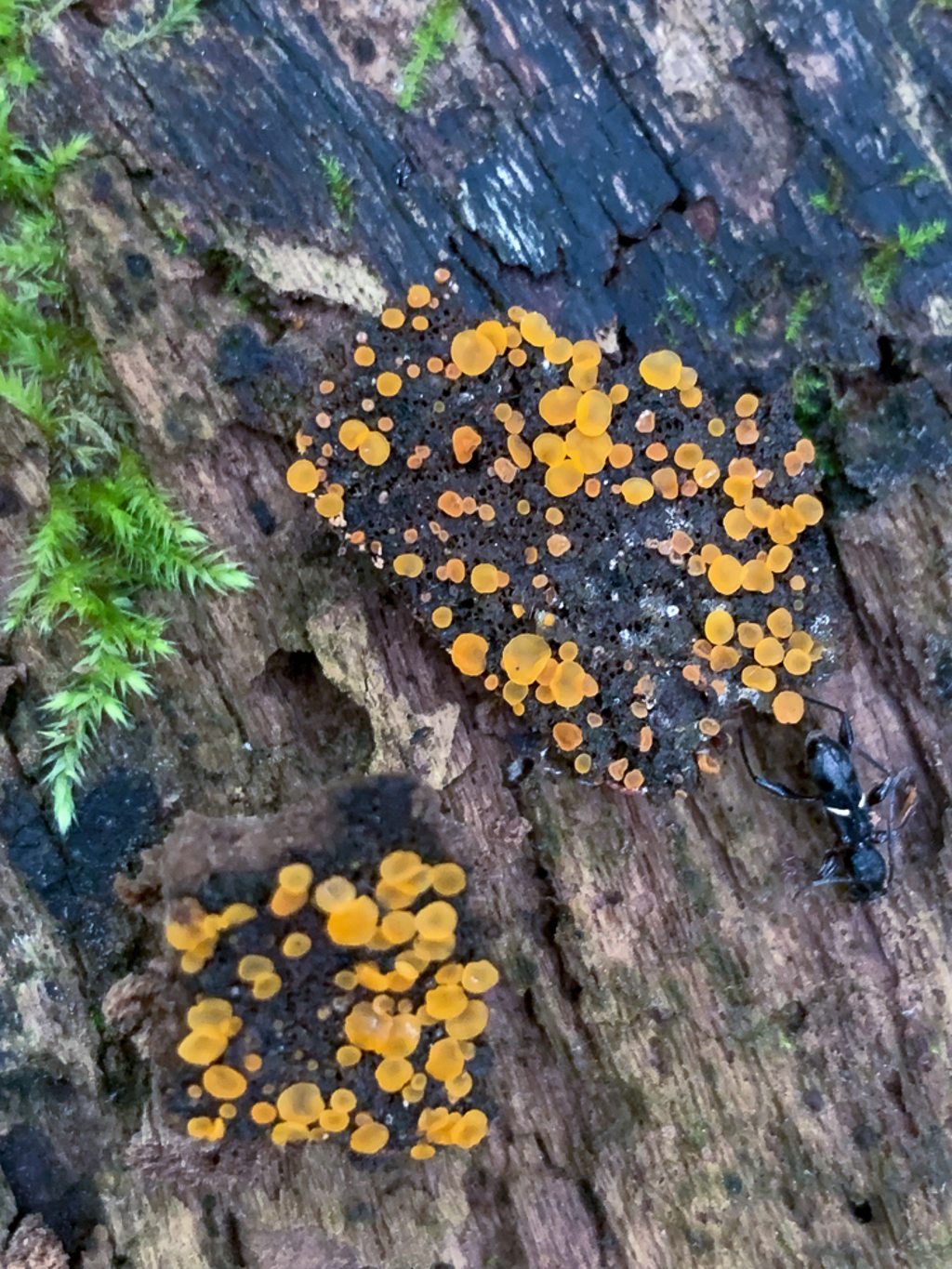

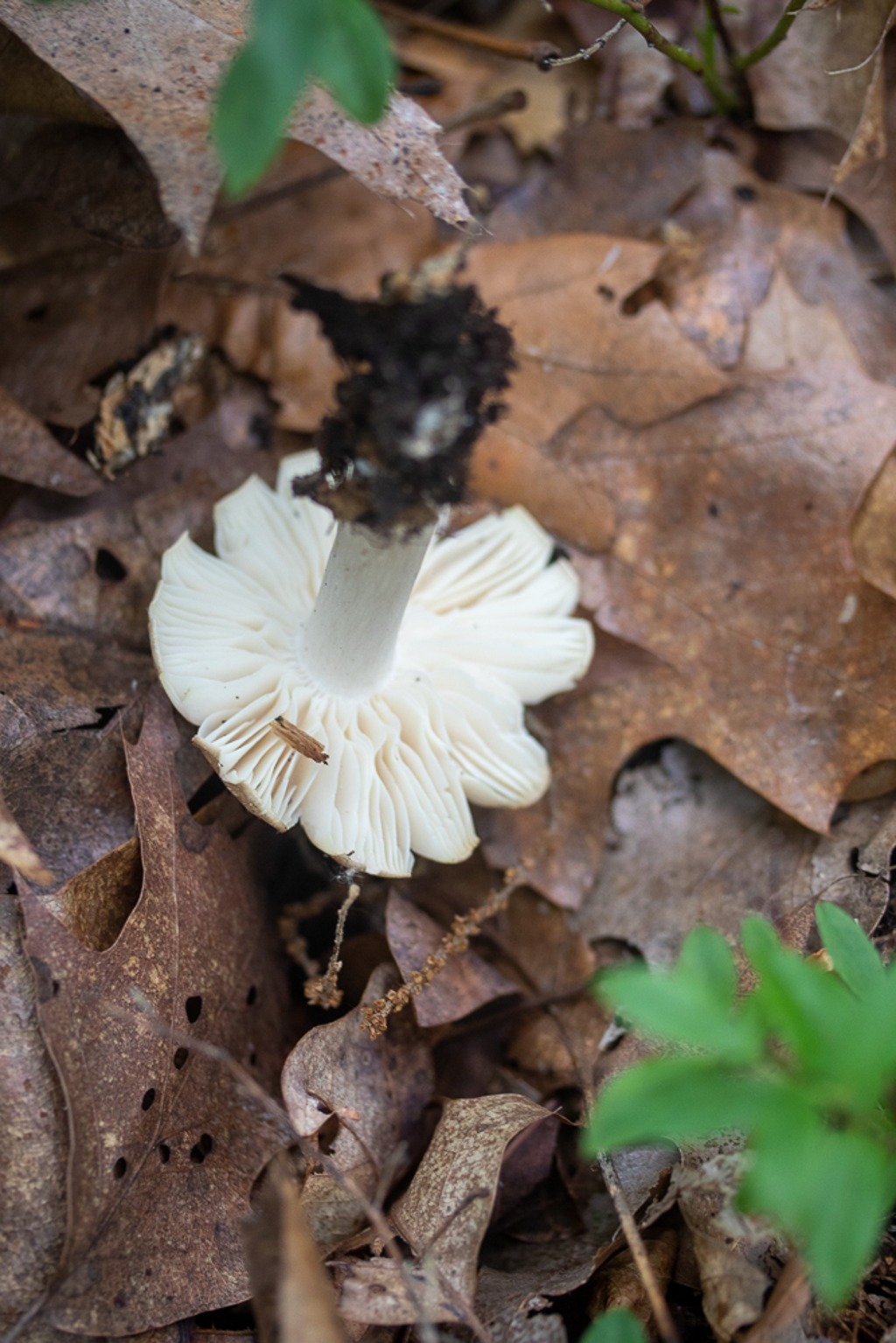
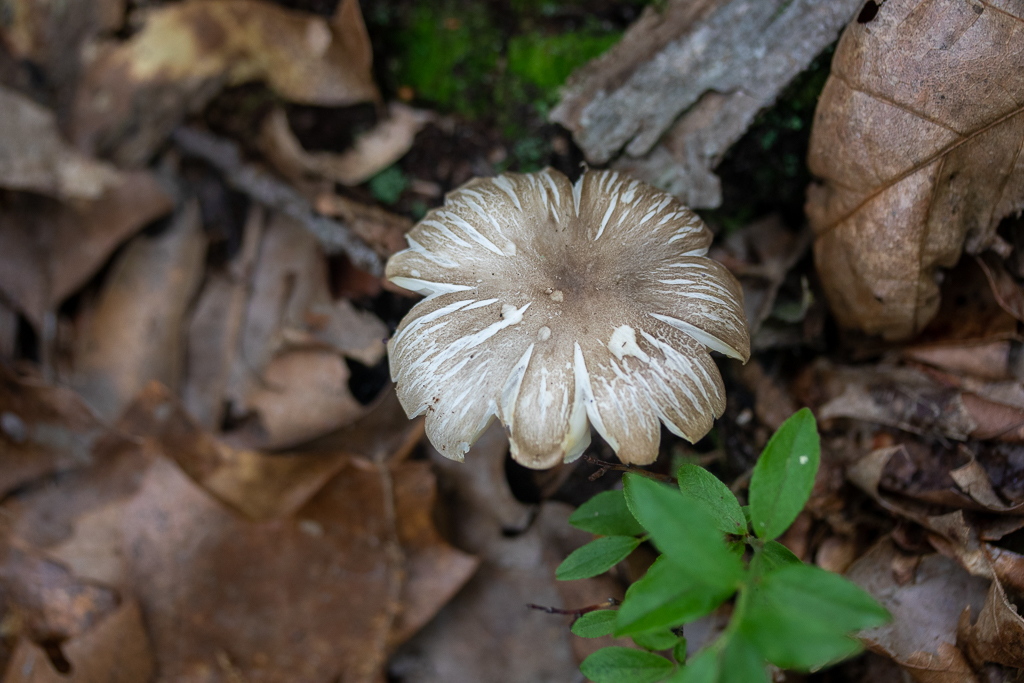
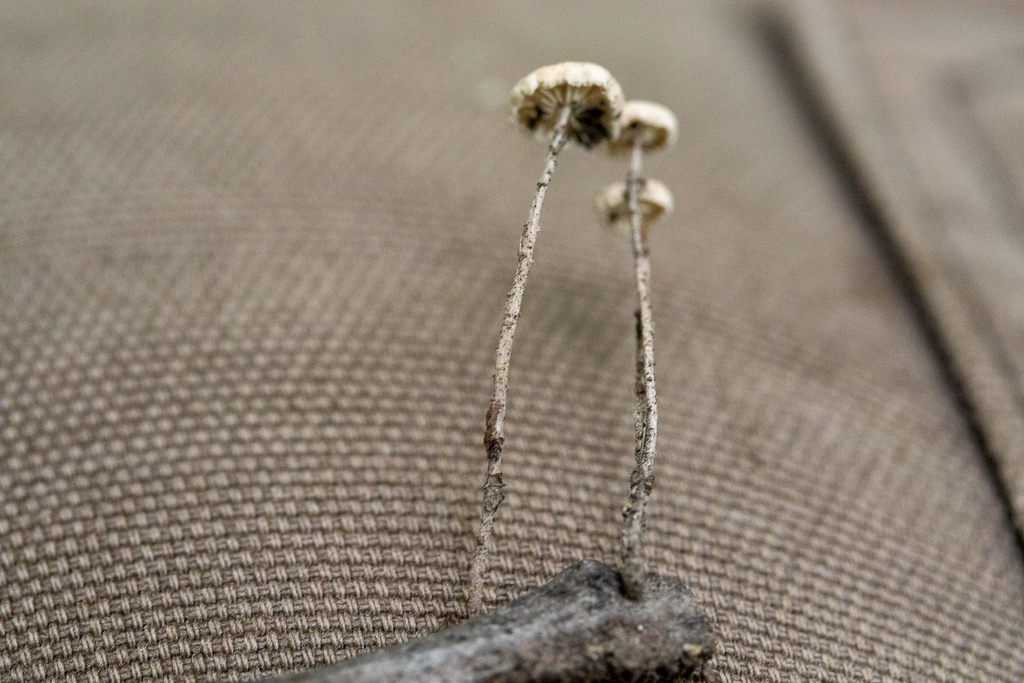
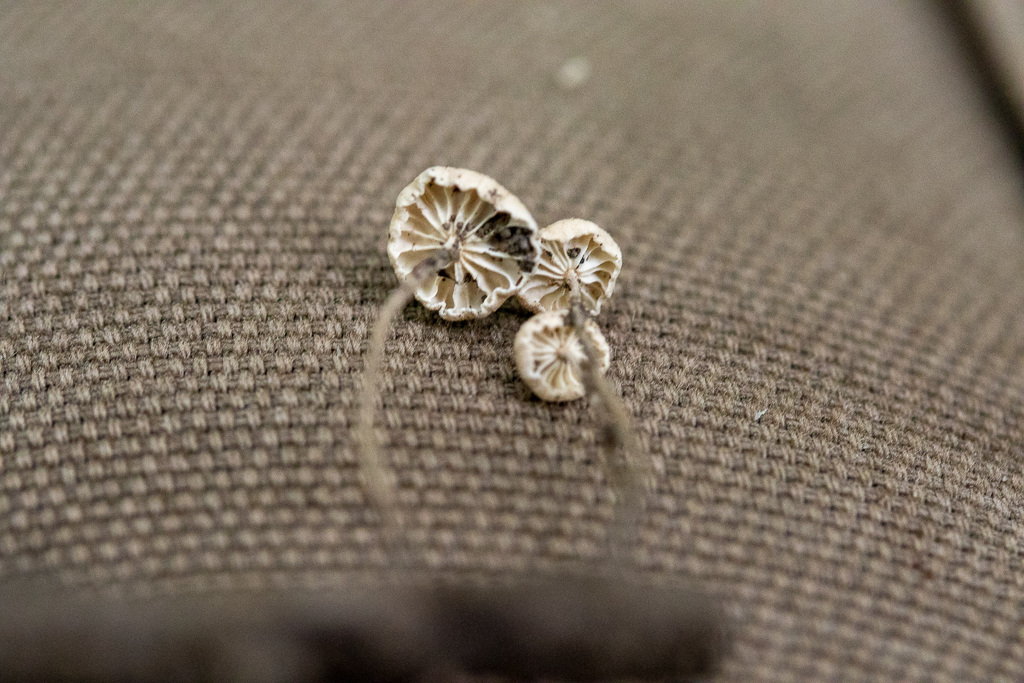
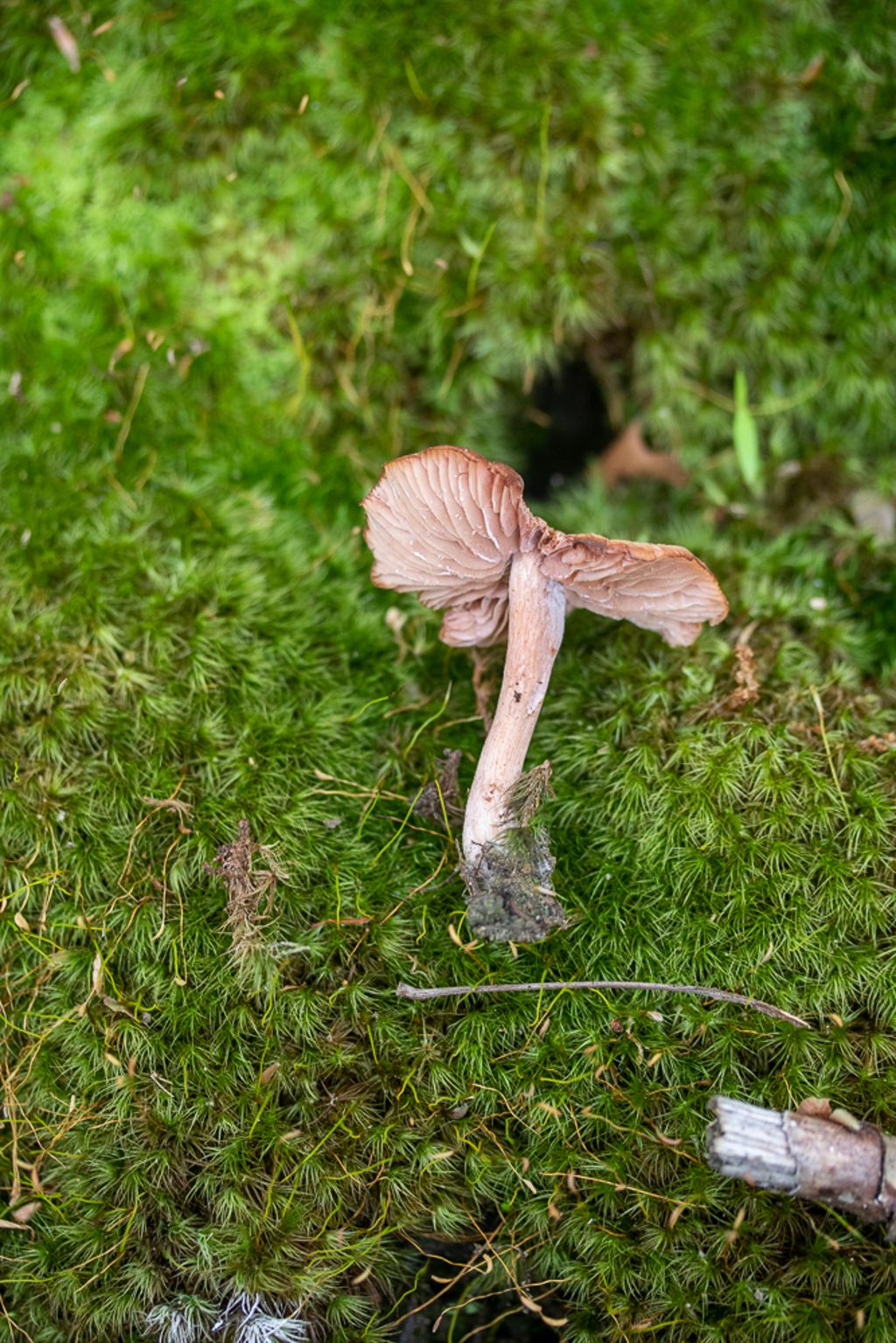
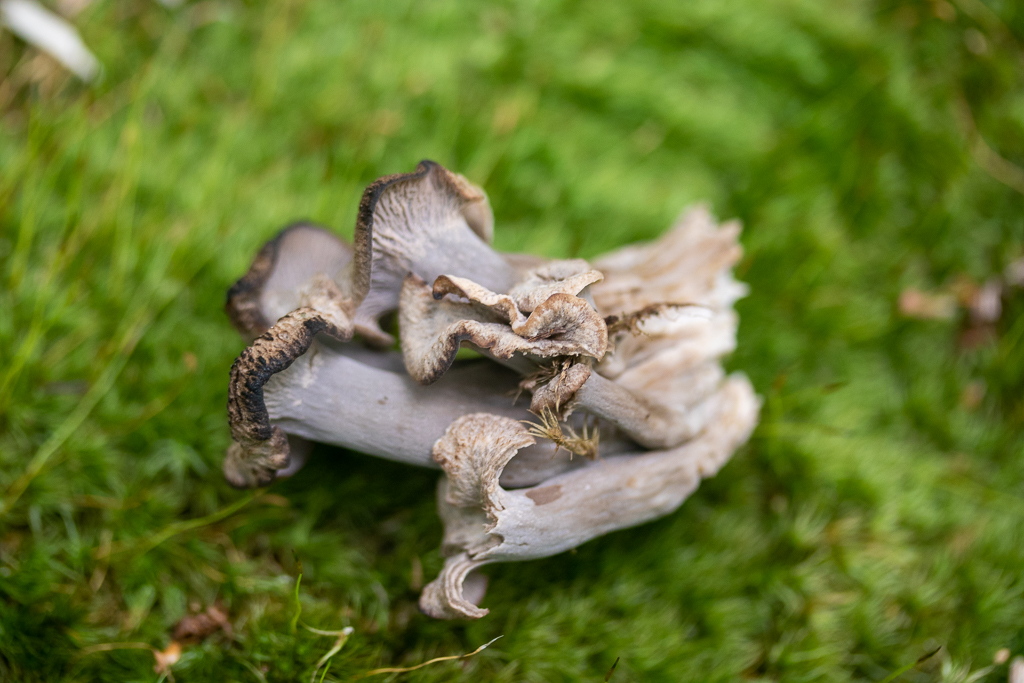
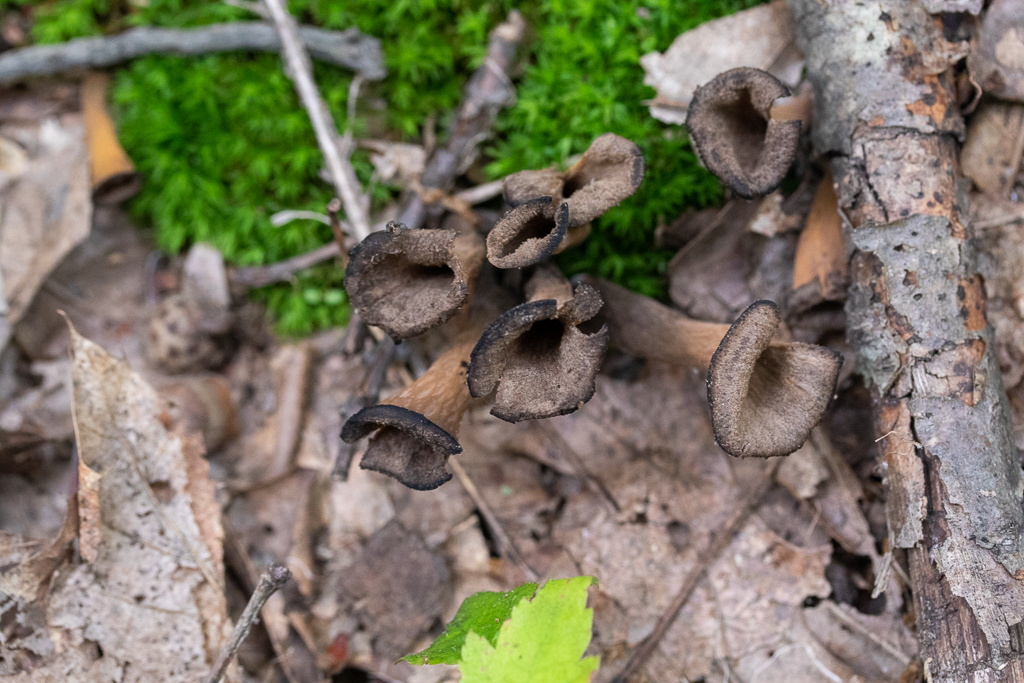
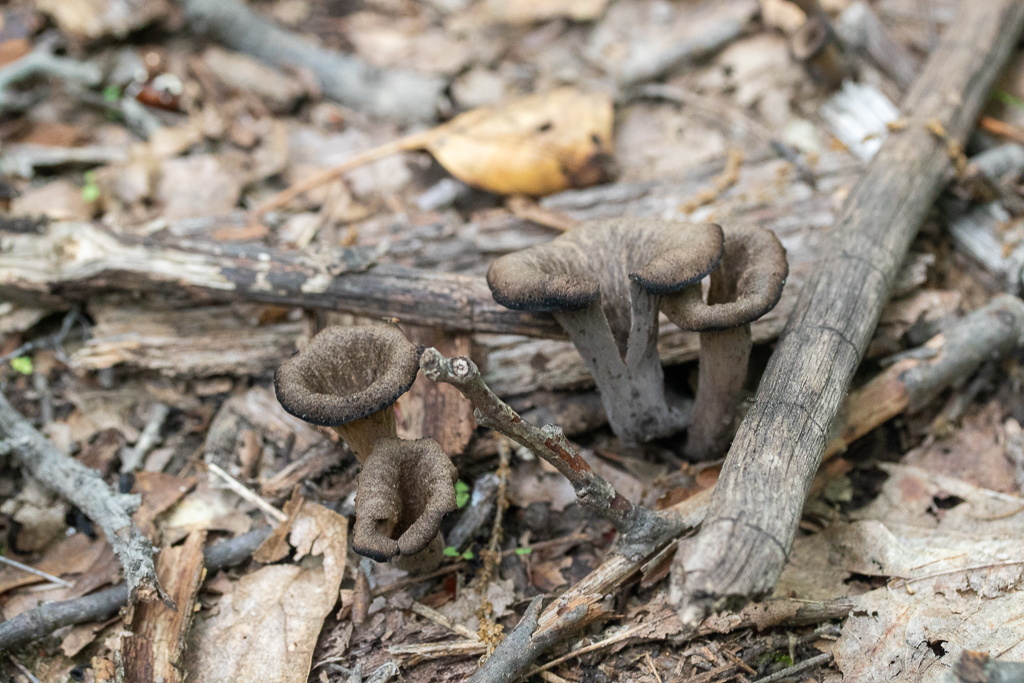
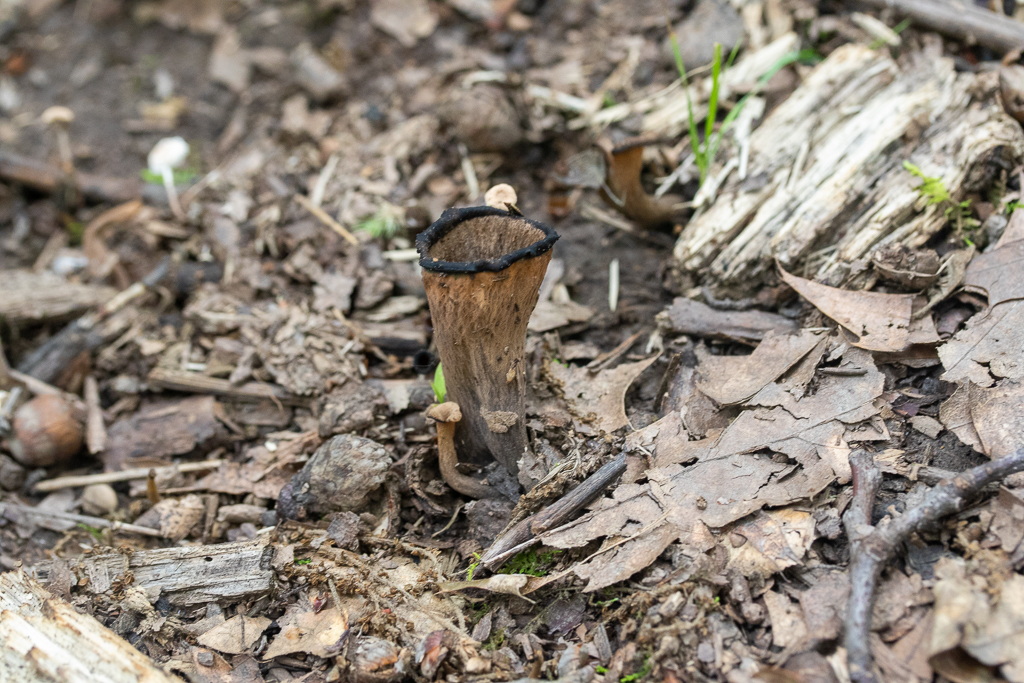
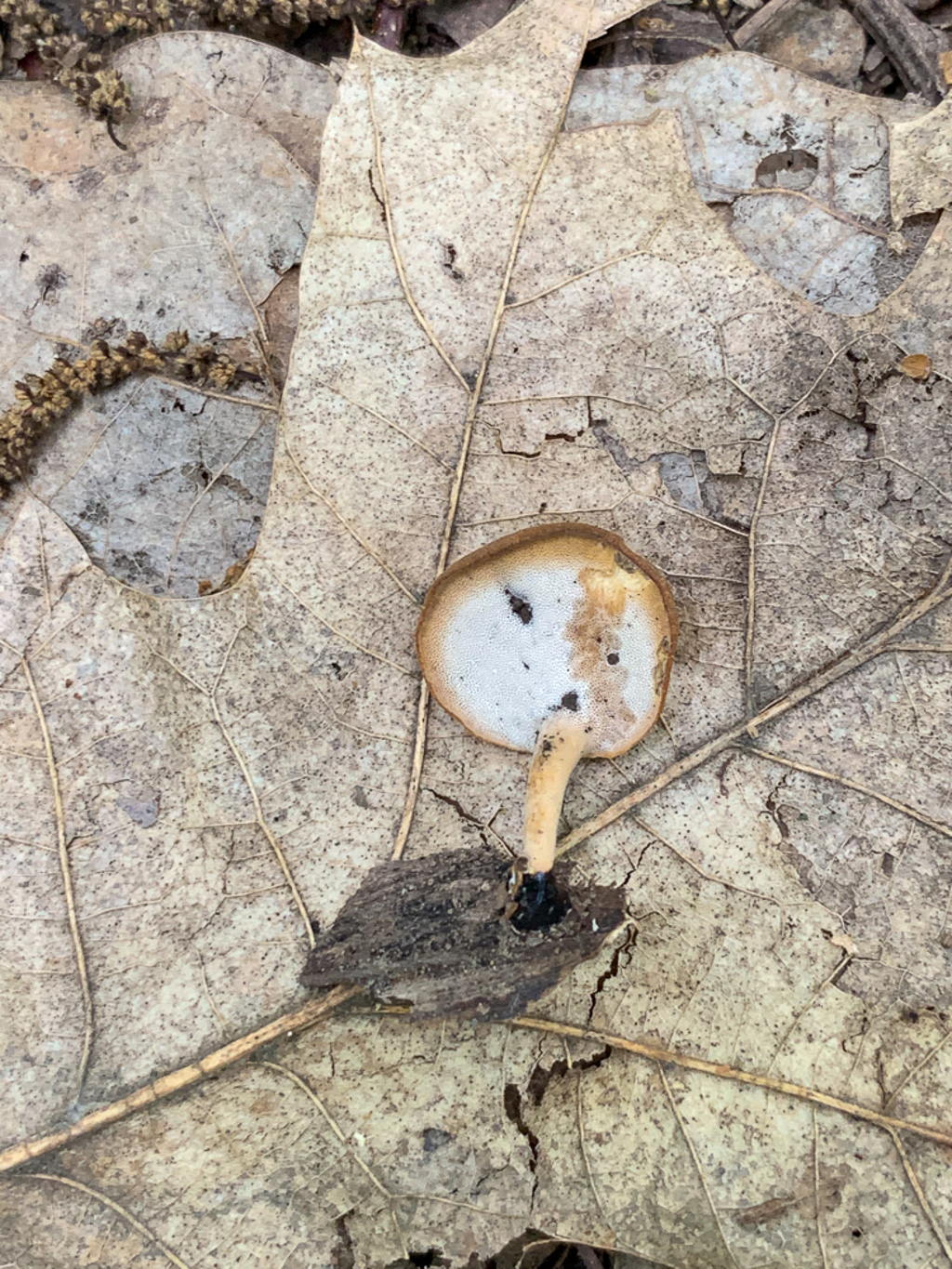
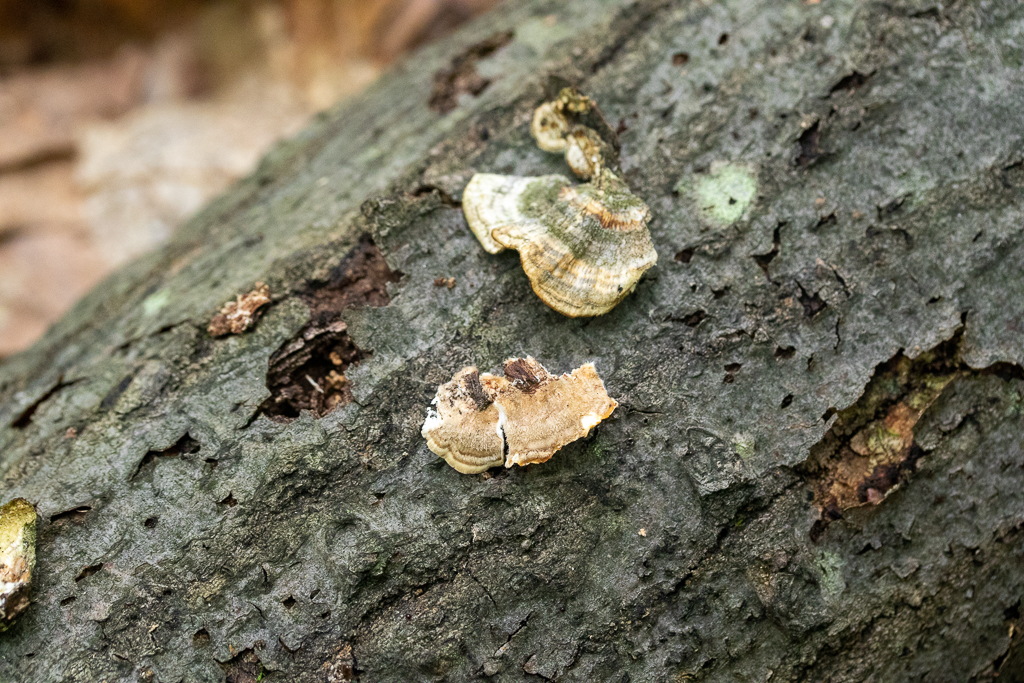
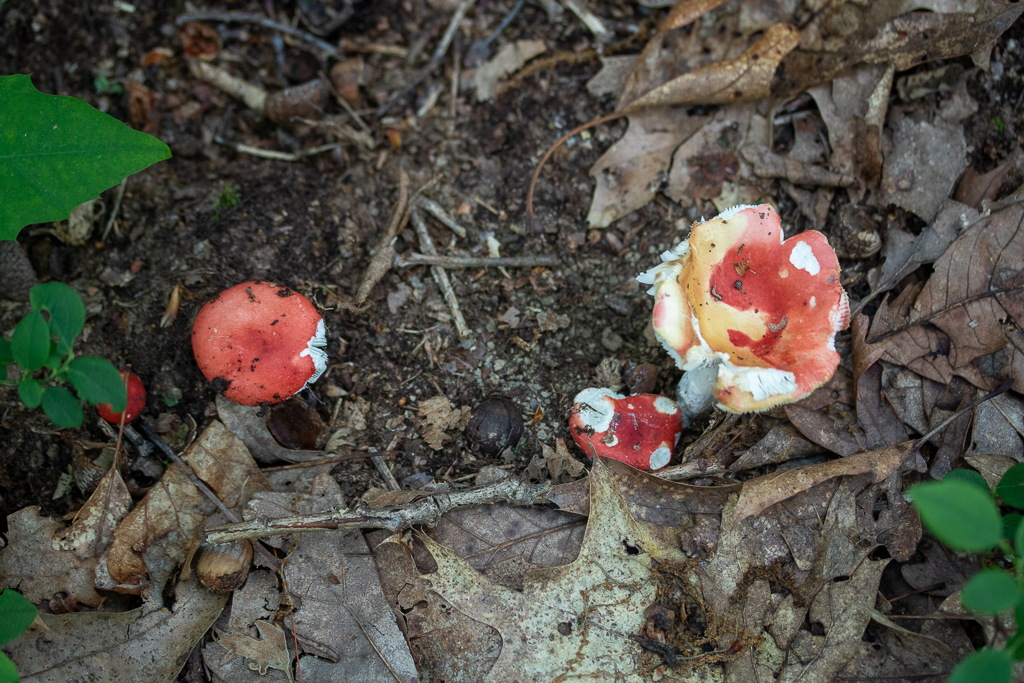

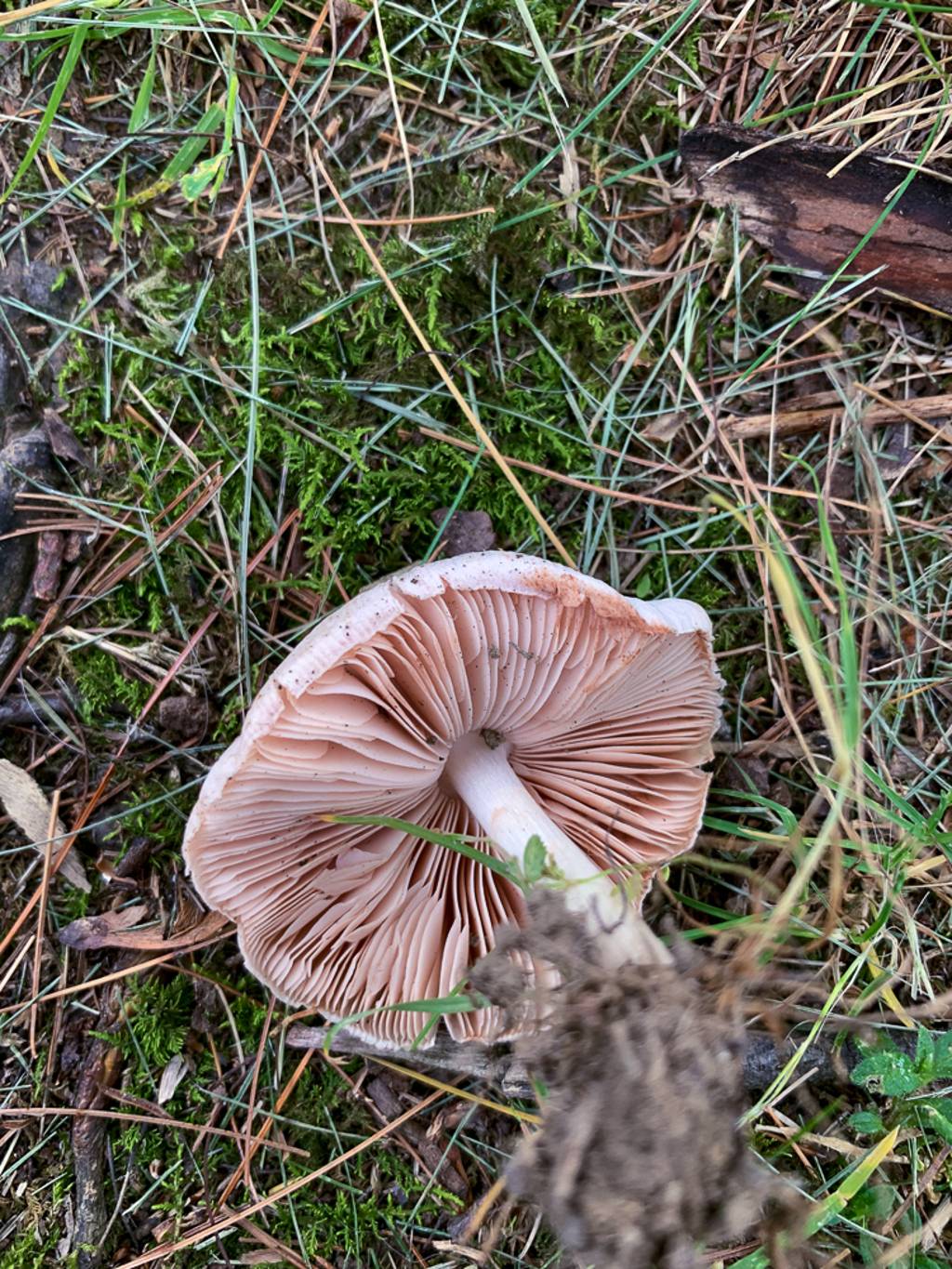
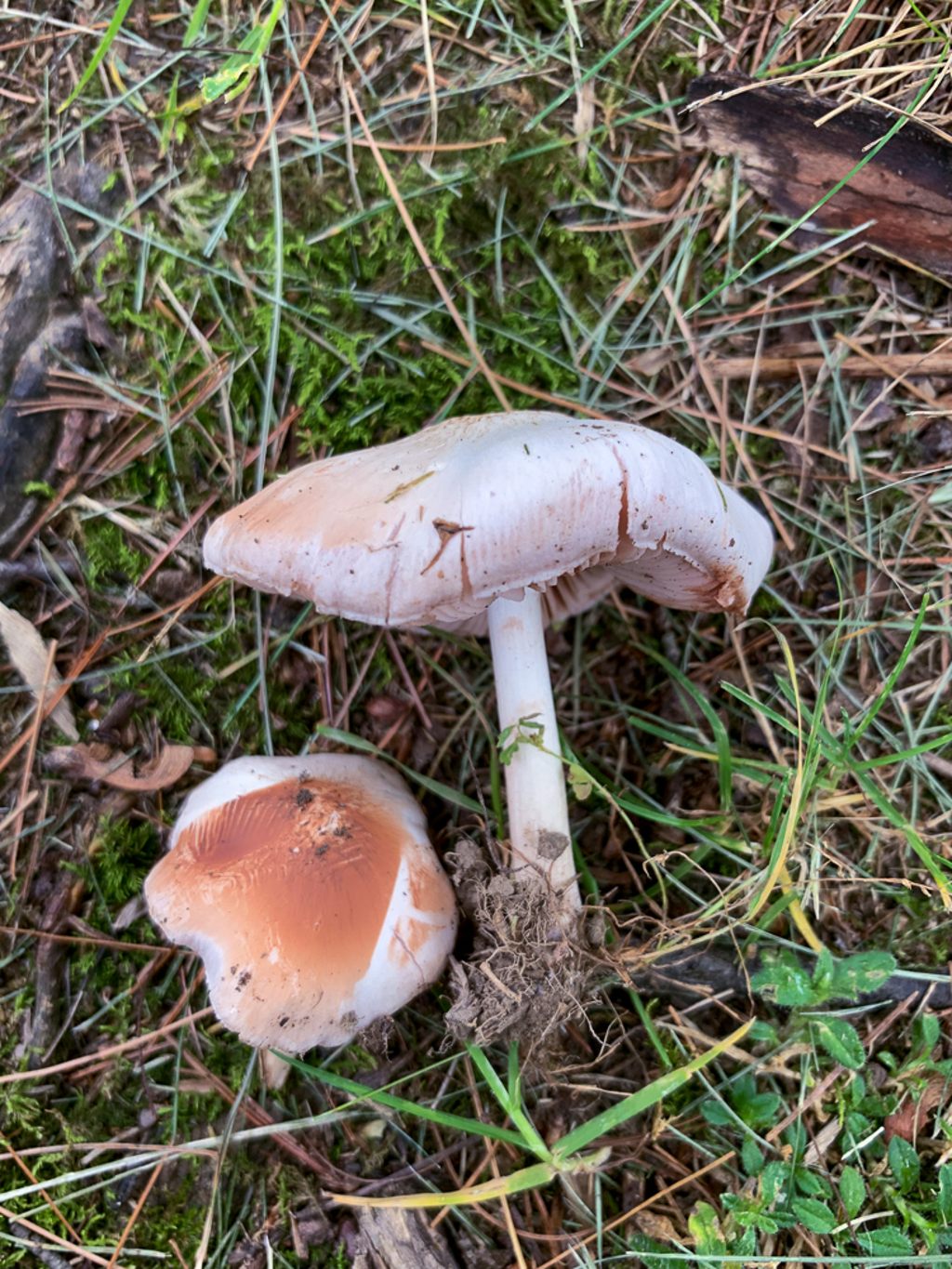
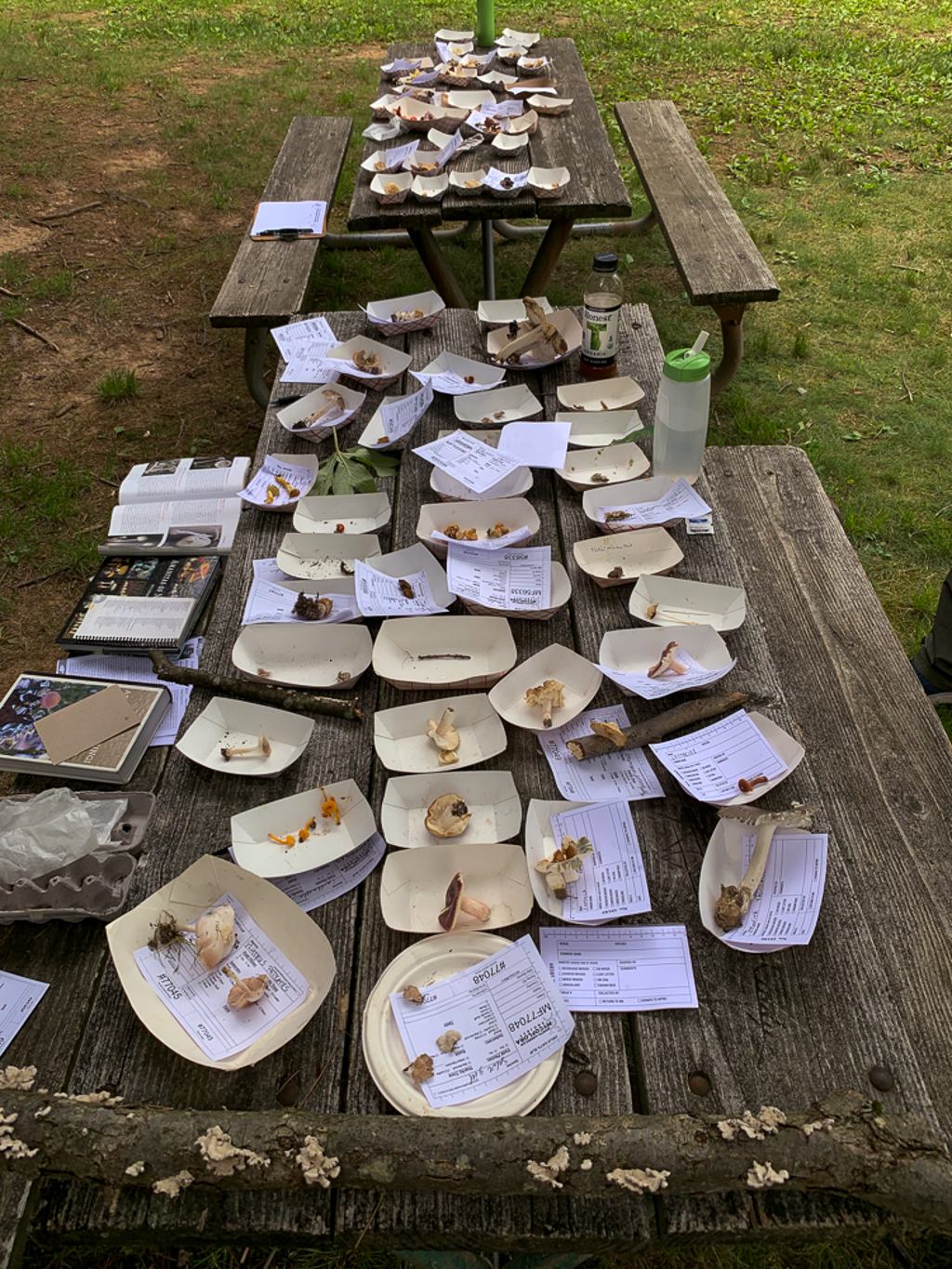
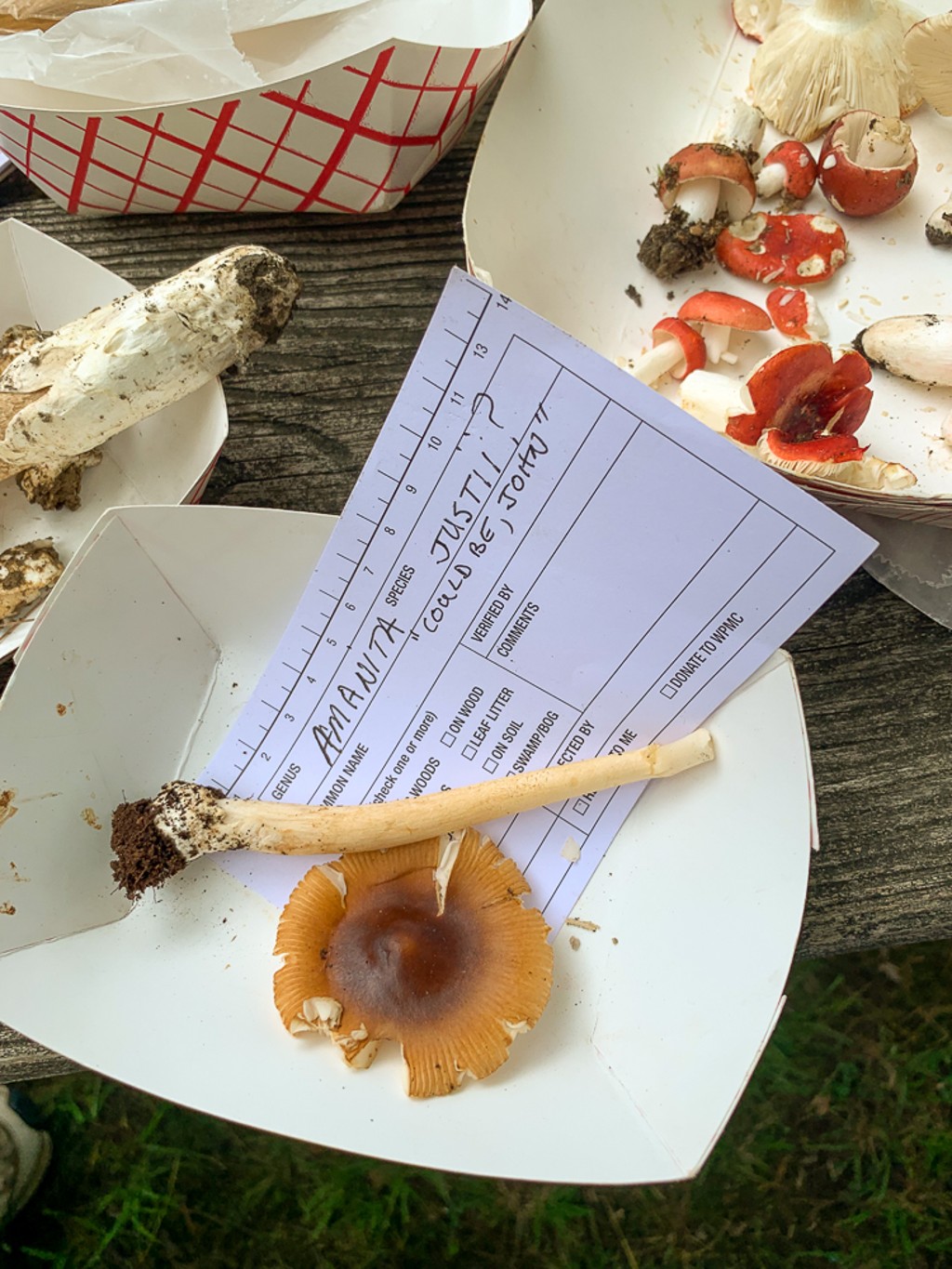
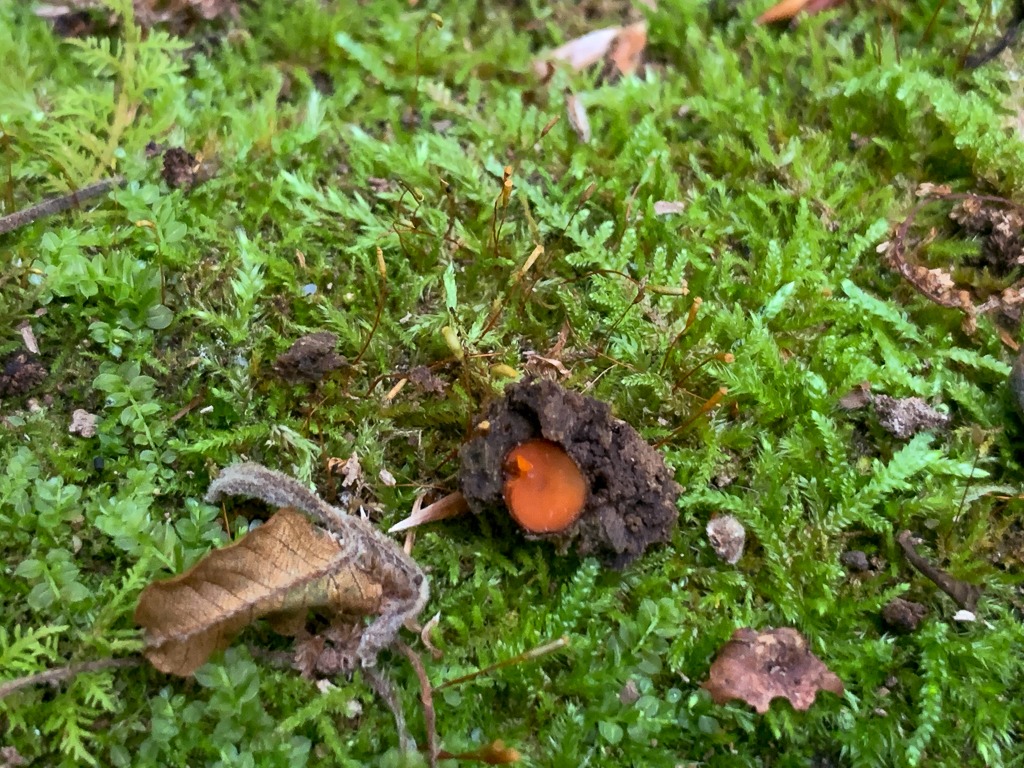
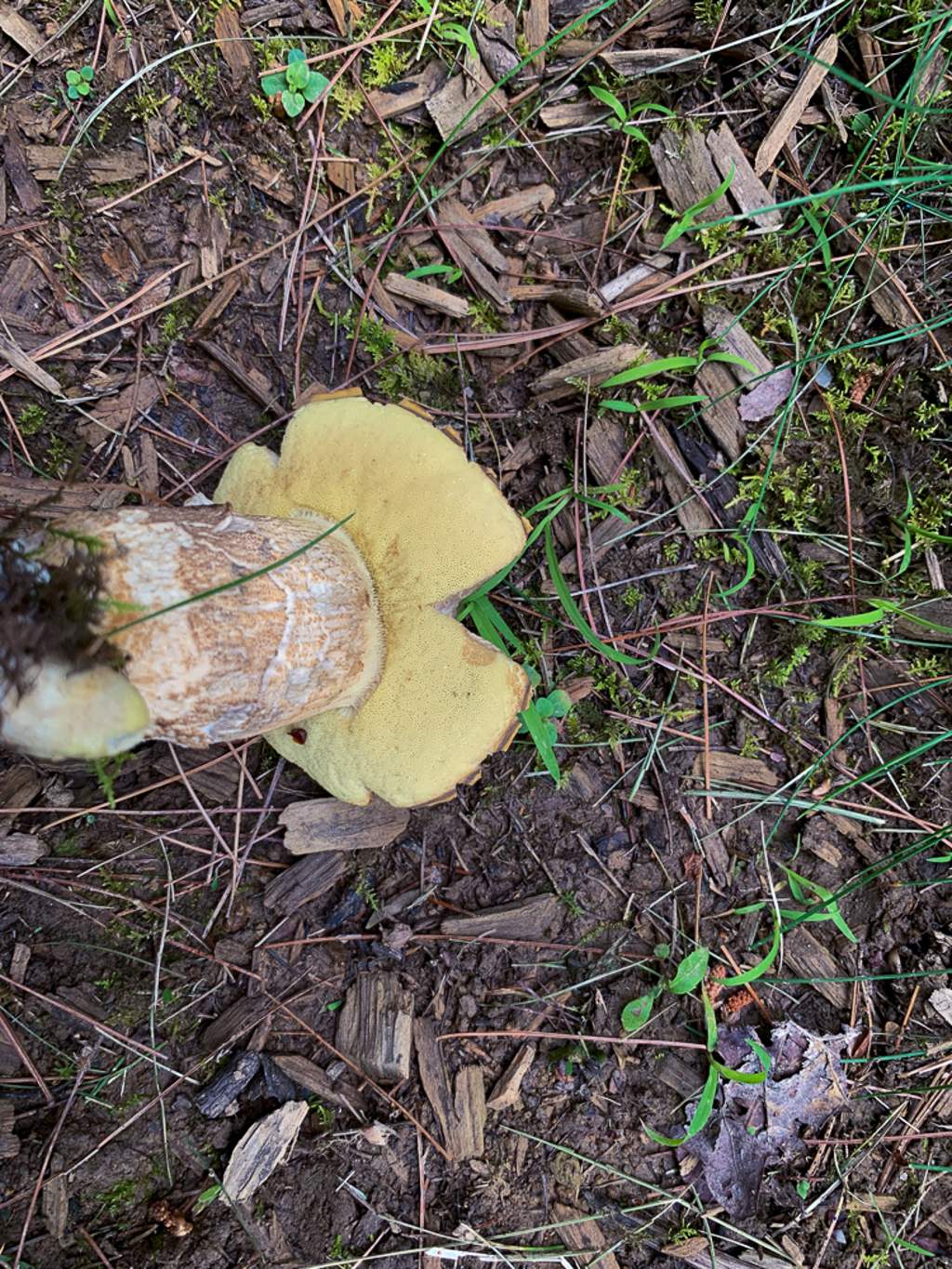
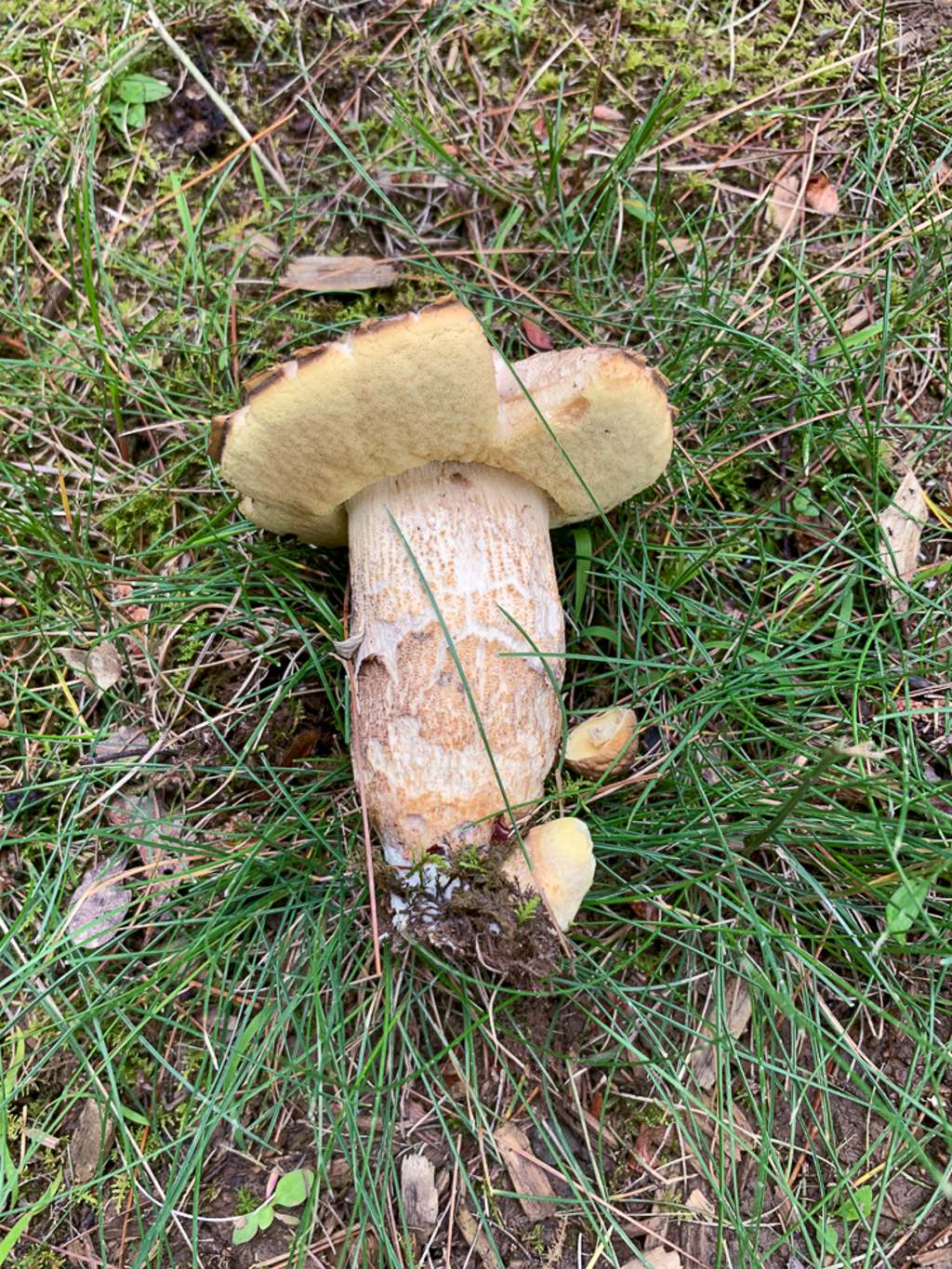
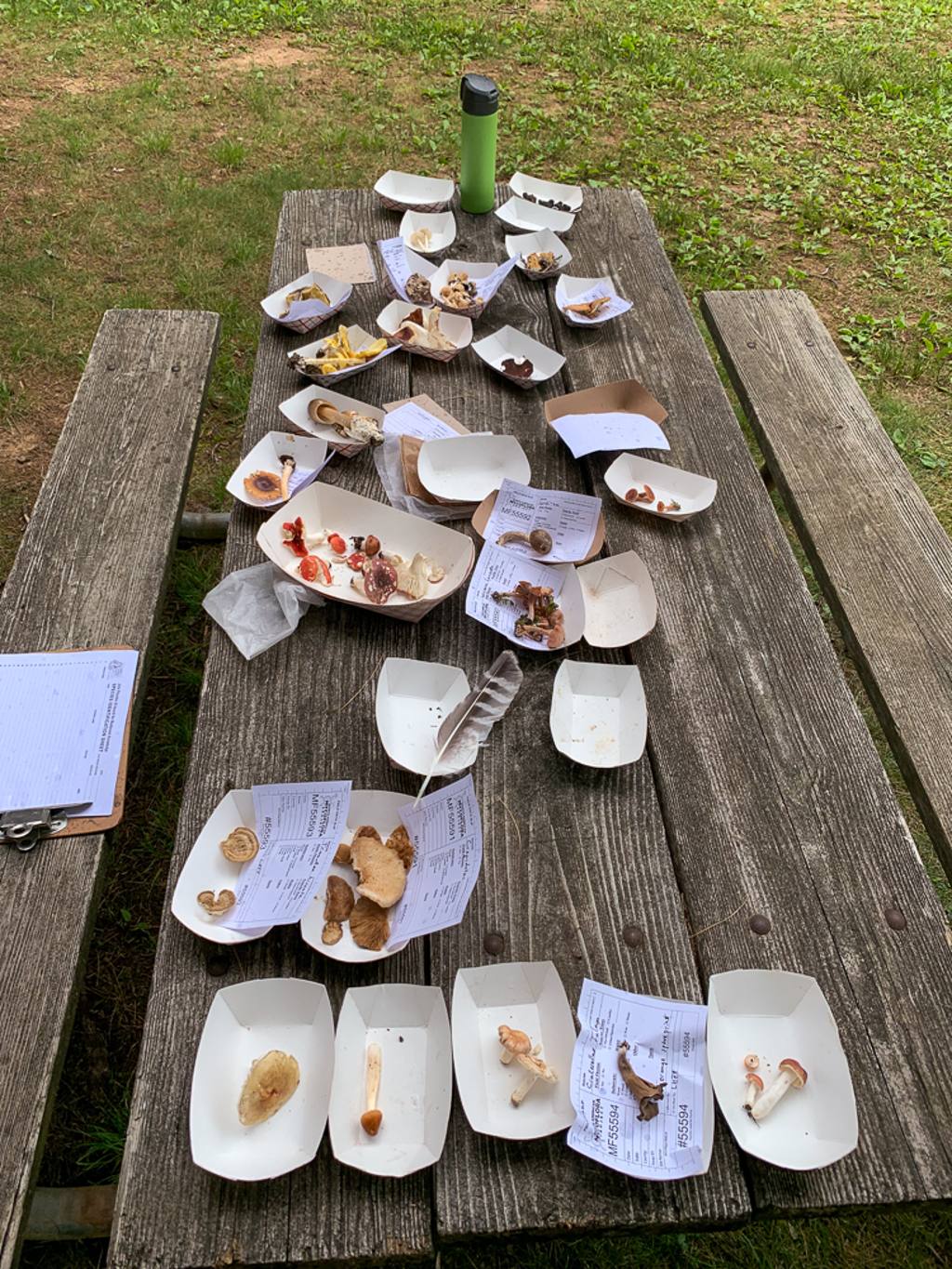
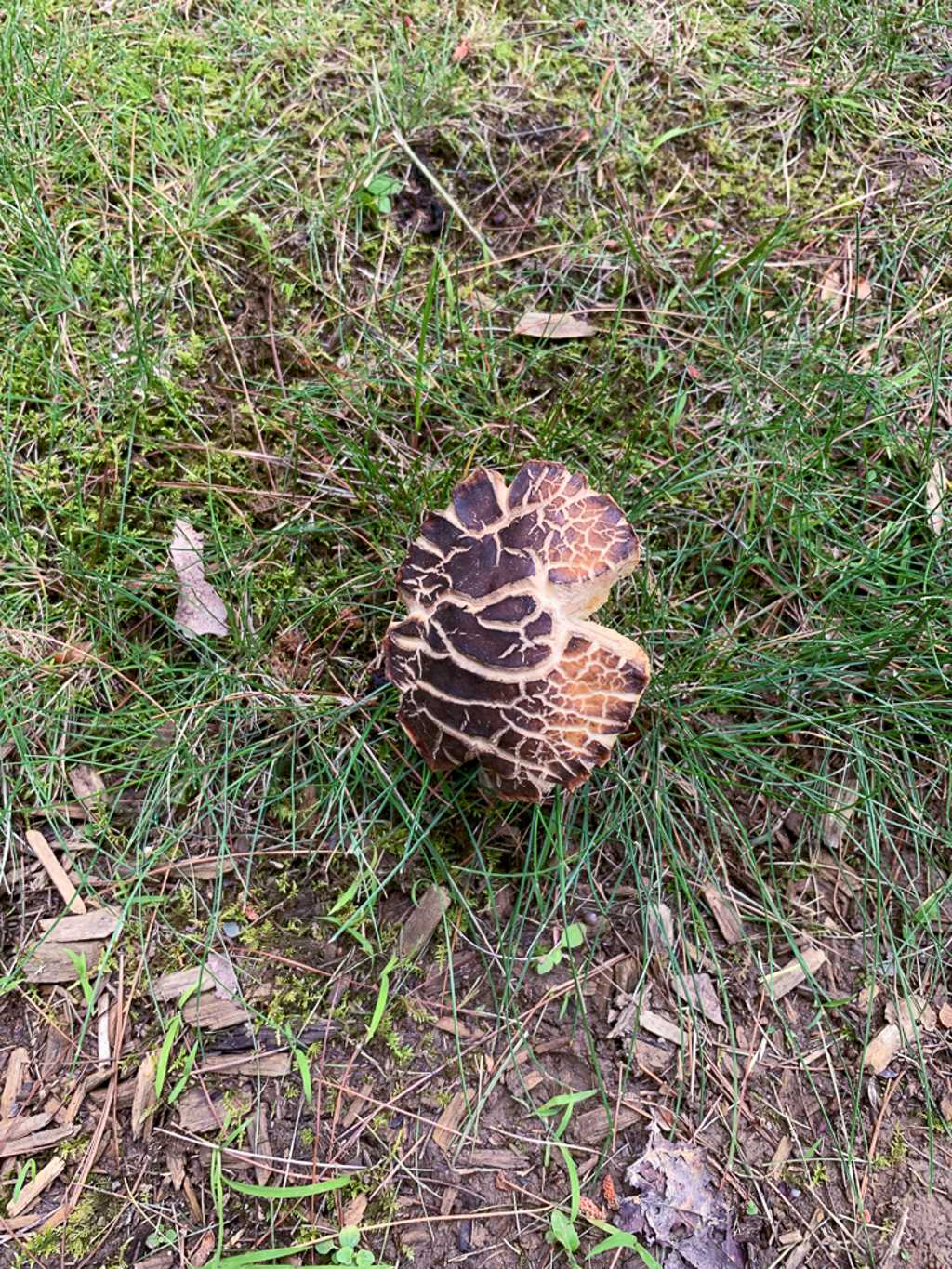
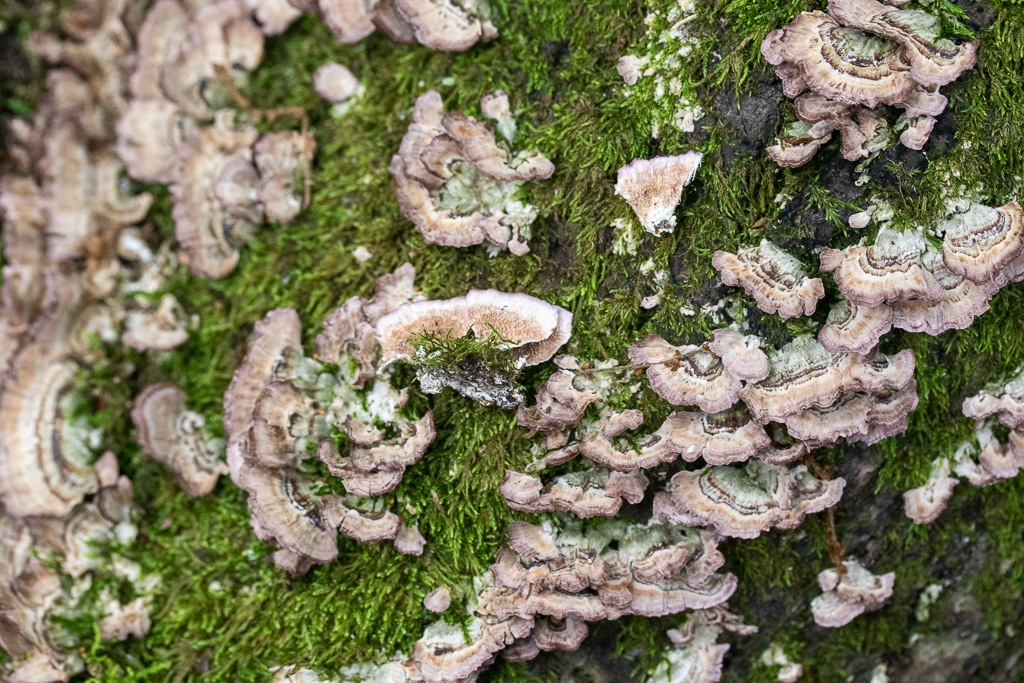
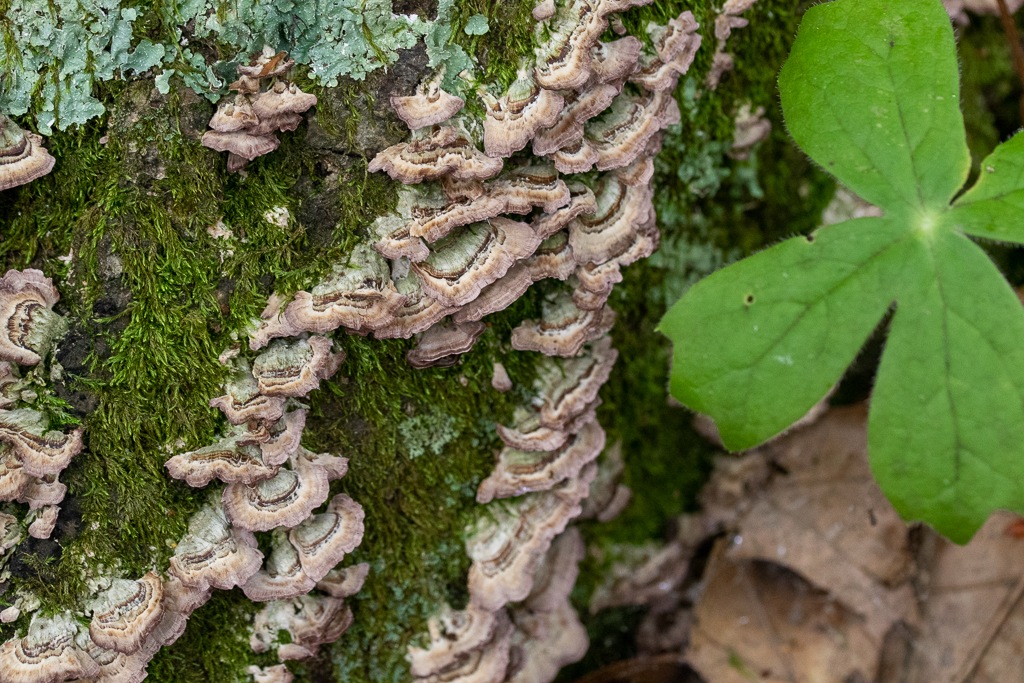
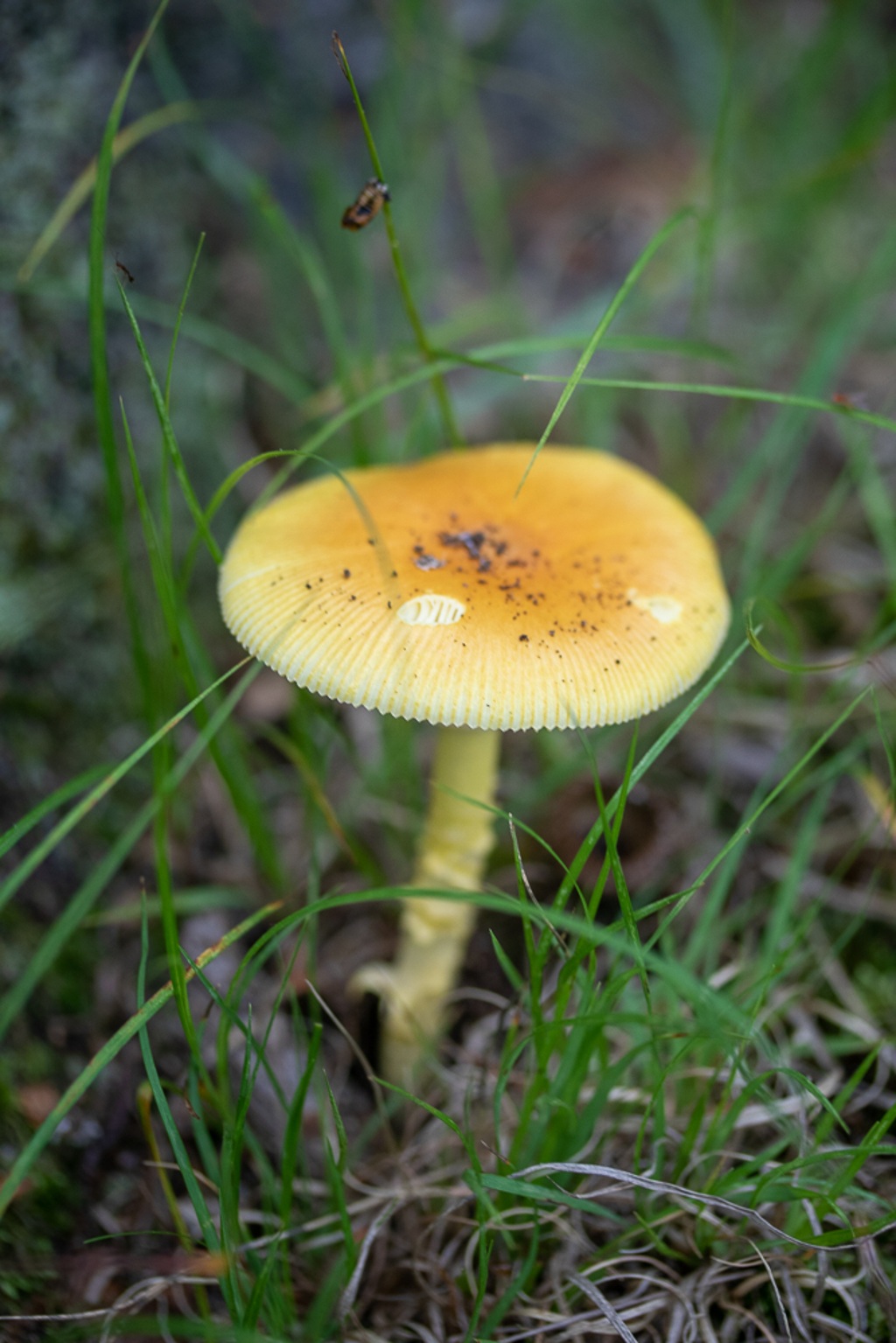

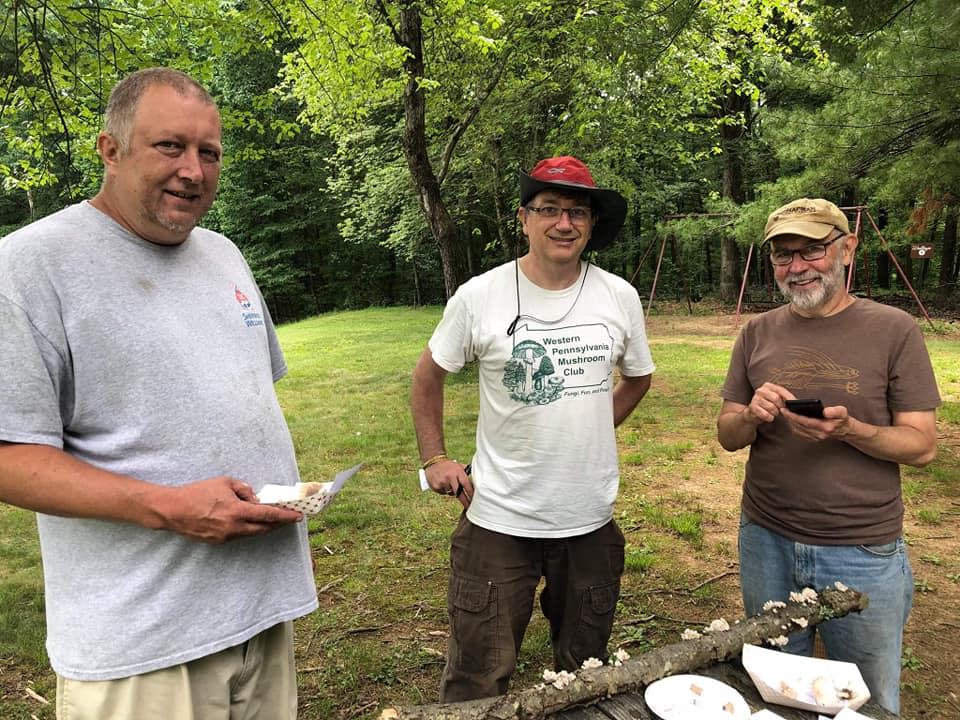
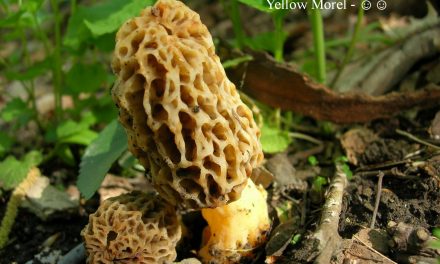
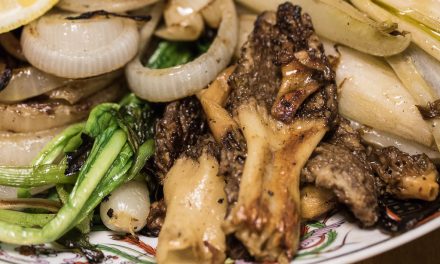
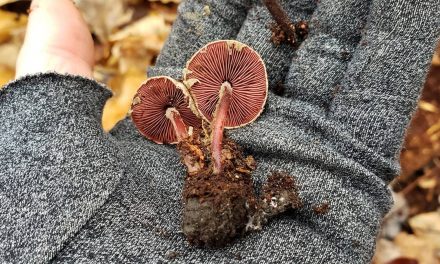
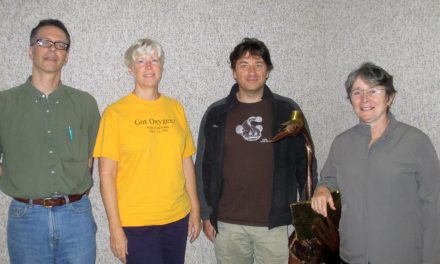

Recent Comments